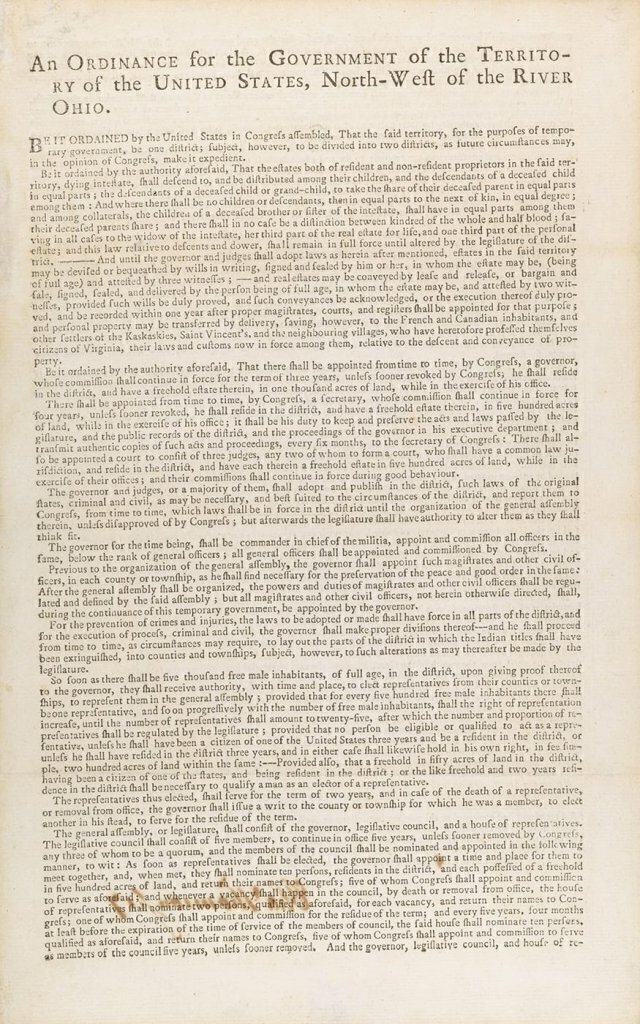
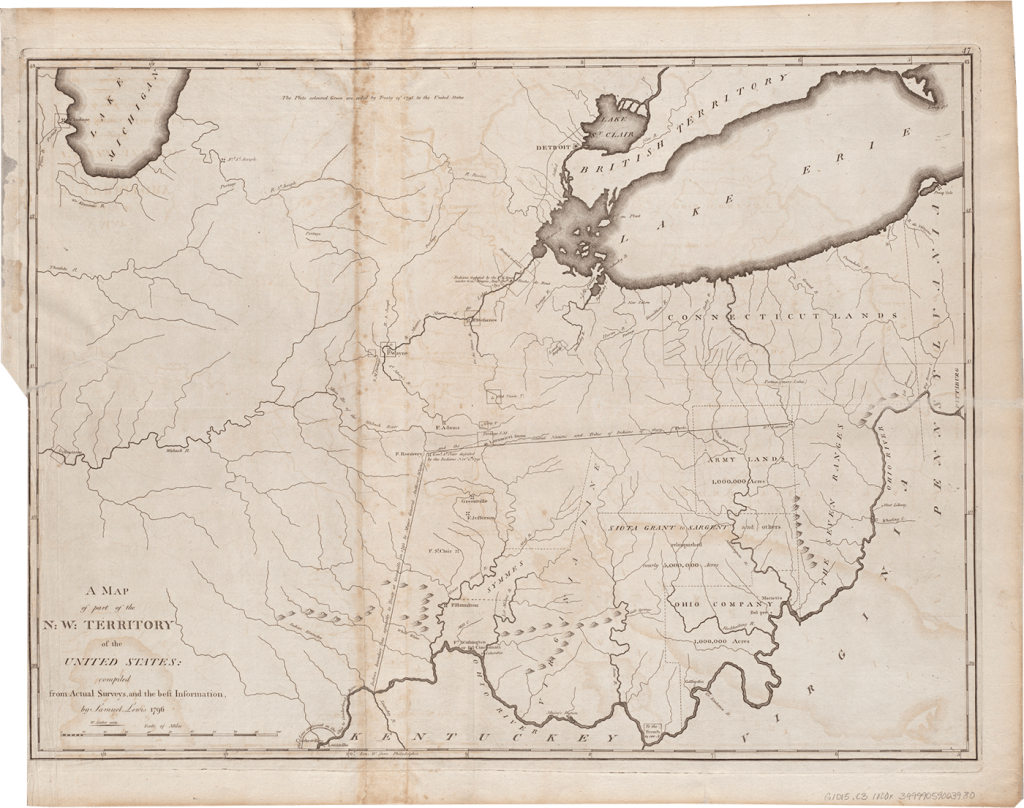
This congressional act established a framework for creating new states in the Northwest Territory and protecting the civil liberties of settlers. It banned slavery in the territory but also provided for the recapture of fugitive slaves.


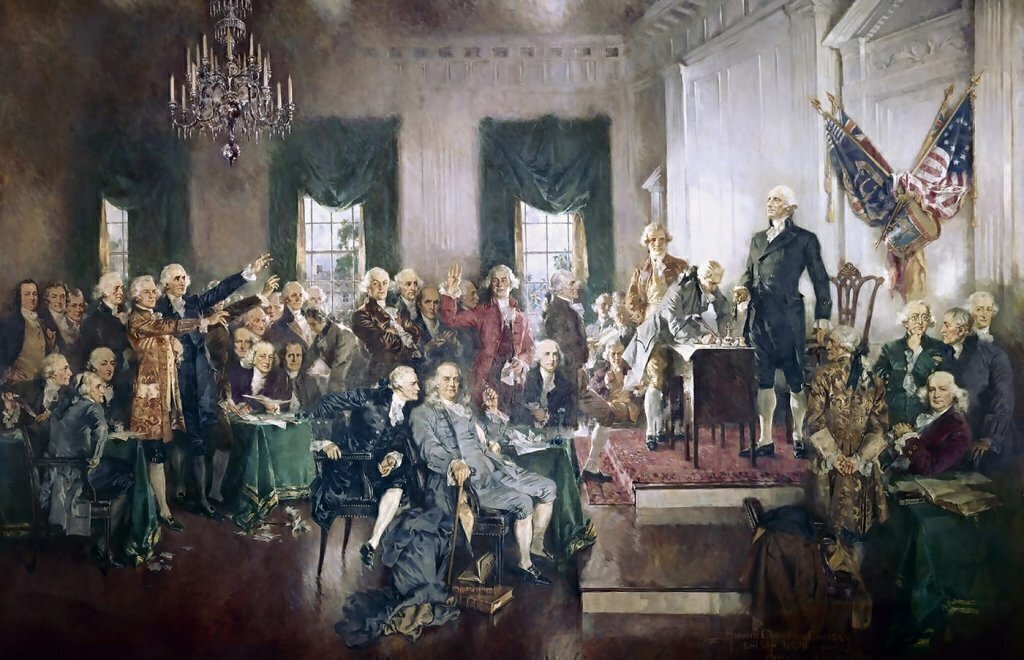
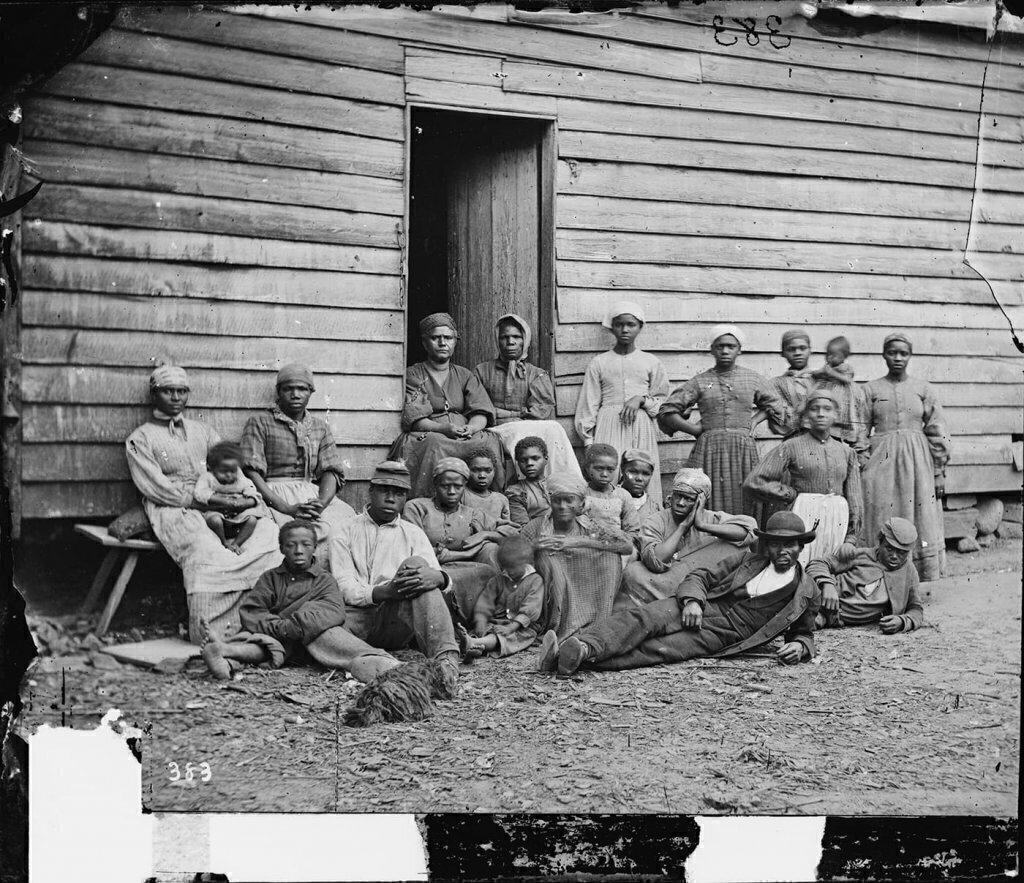
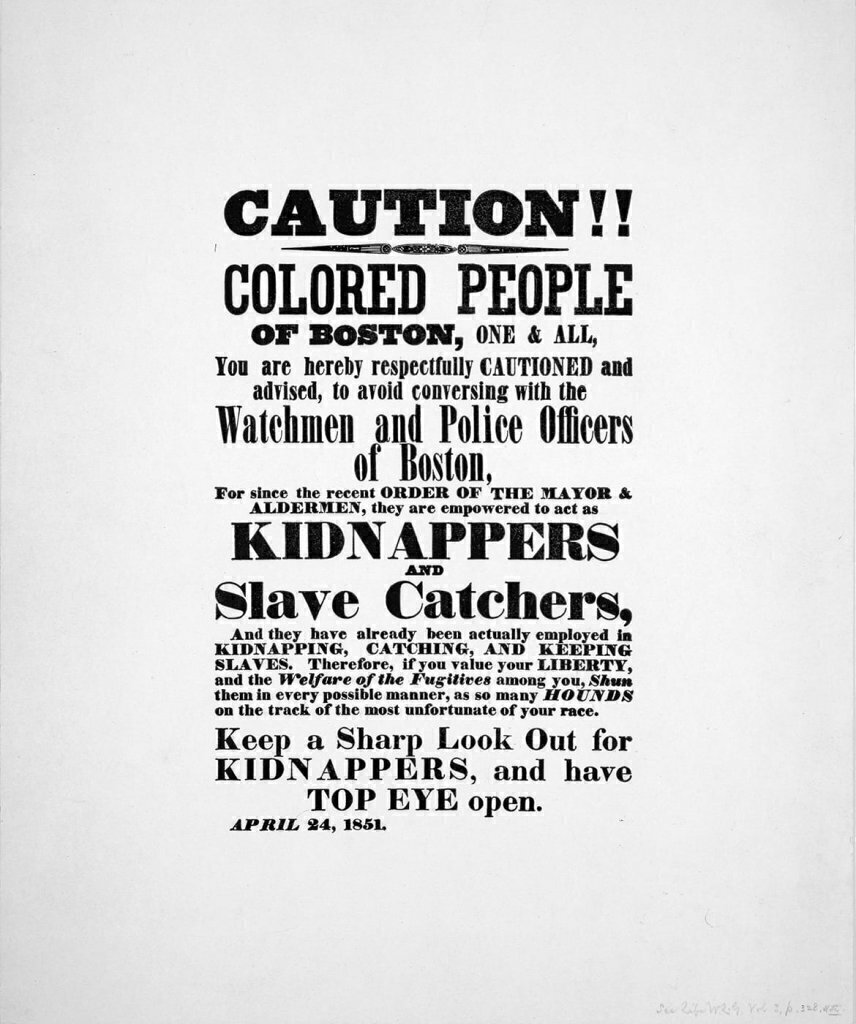
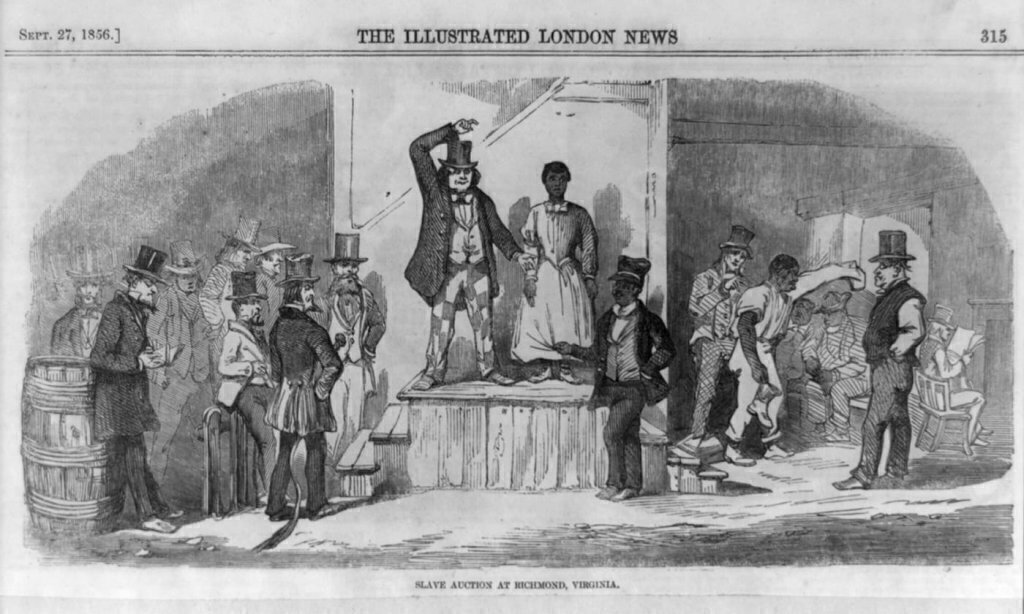
Republican Abraham Lincoln won the election, becoming the nation's first anti-slavery president. Soon after, slaveholding states started to break away from the United States. On April 12, 1861, Confederate forces fired on Fort Sumter, South Carolina, sparking the Civil War.
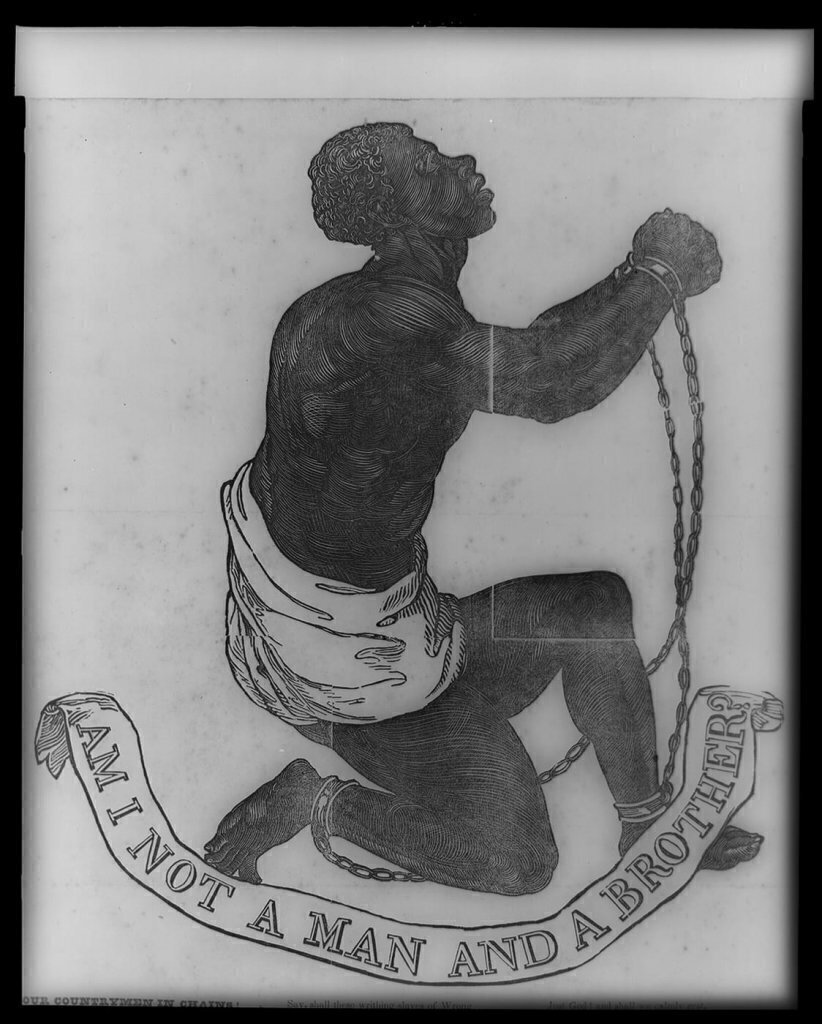
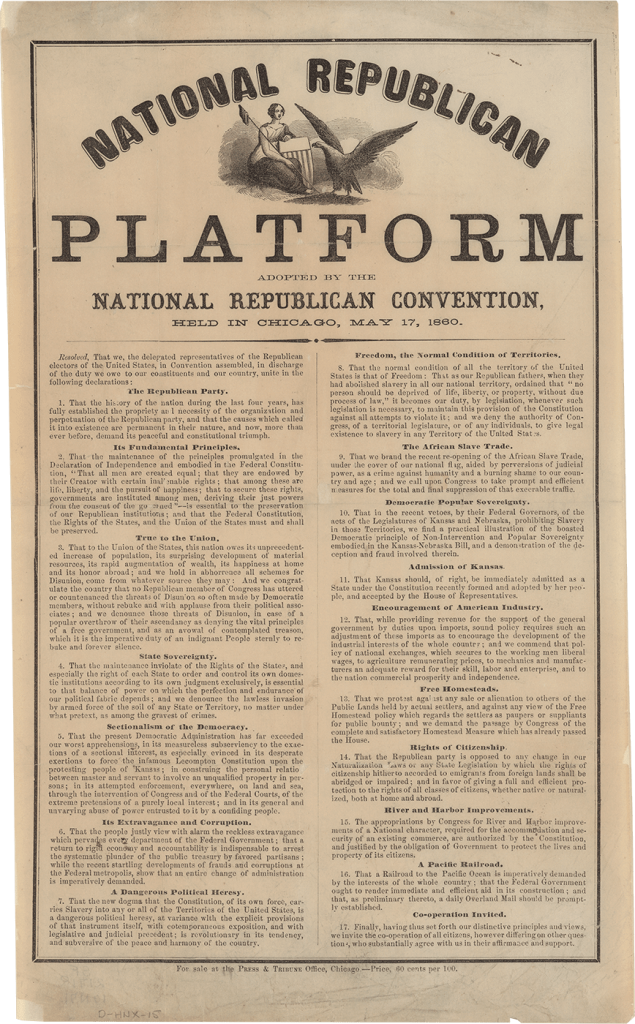
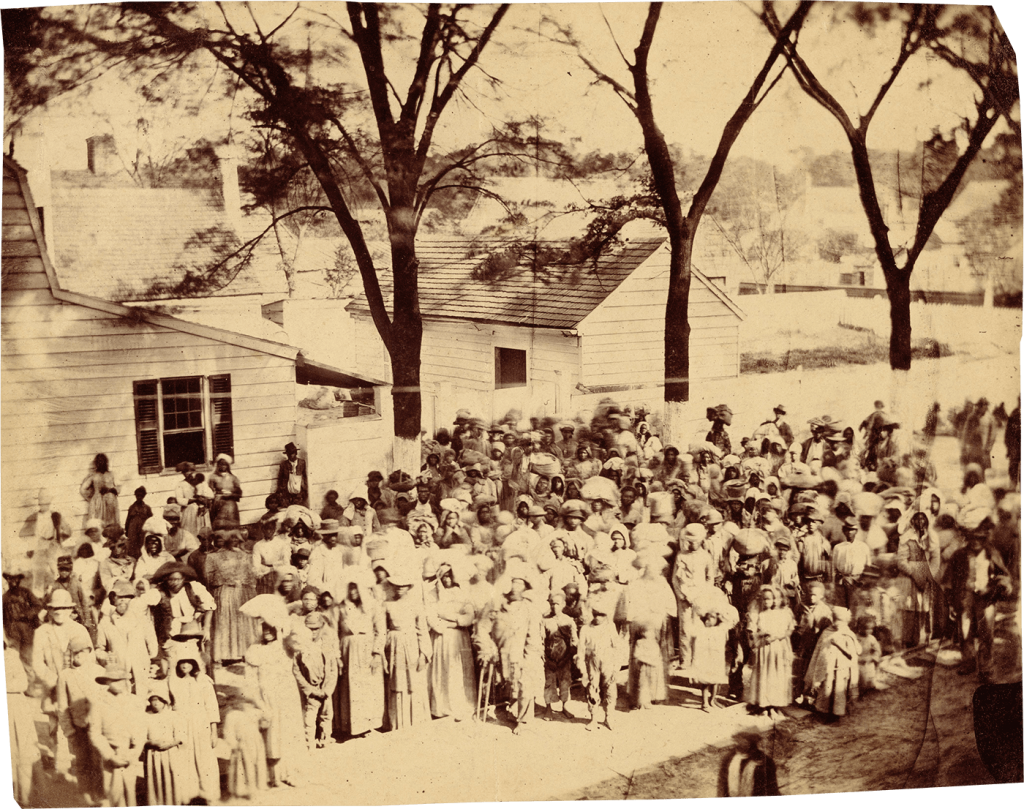
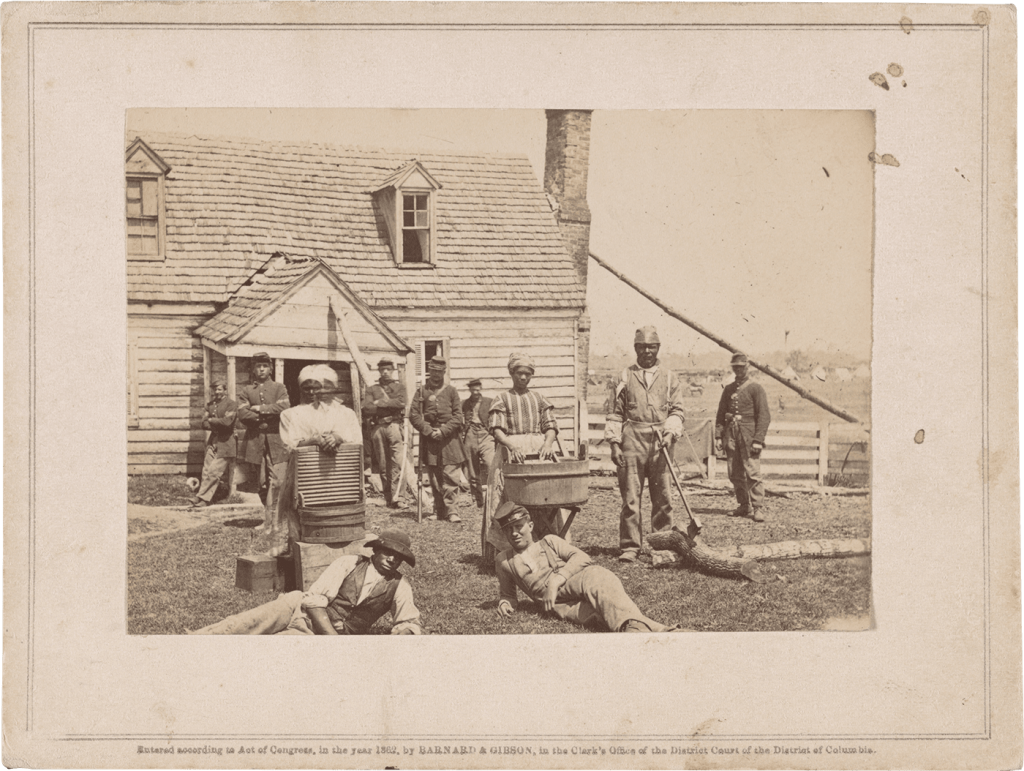
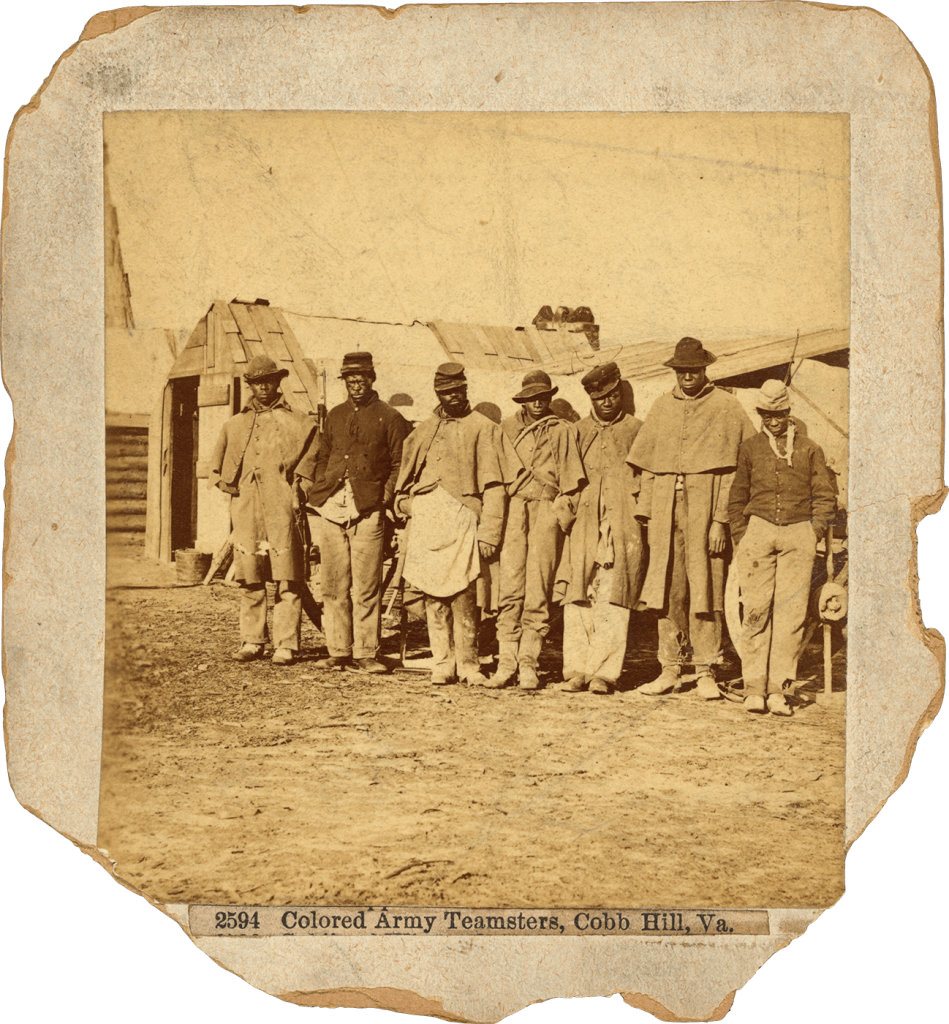
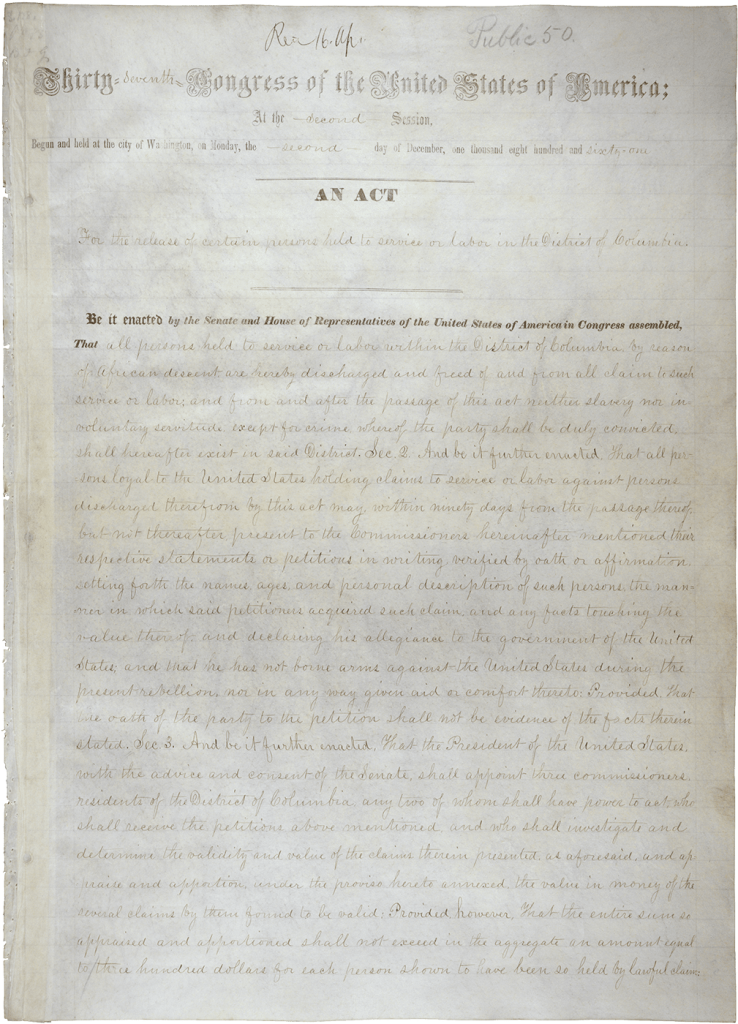
Abraham Lincoln used his presidential war powers to declare slavery abolished in areas under rebellion. The Emancipation Proclamation promised freedom to around 3.2 million slaves, but only a constitutional amendment would finally settle the issue of slavery.
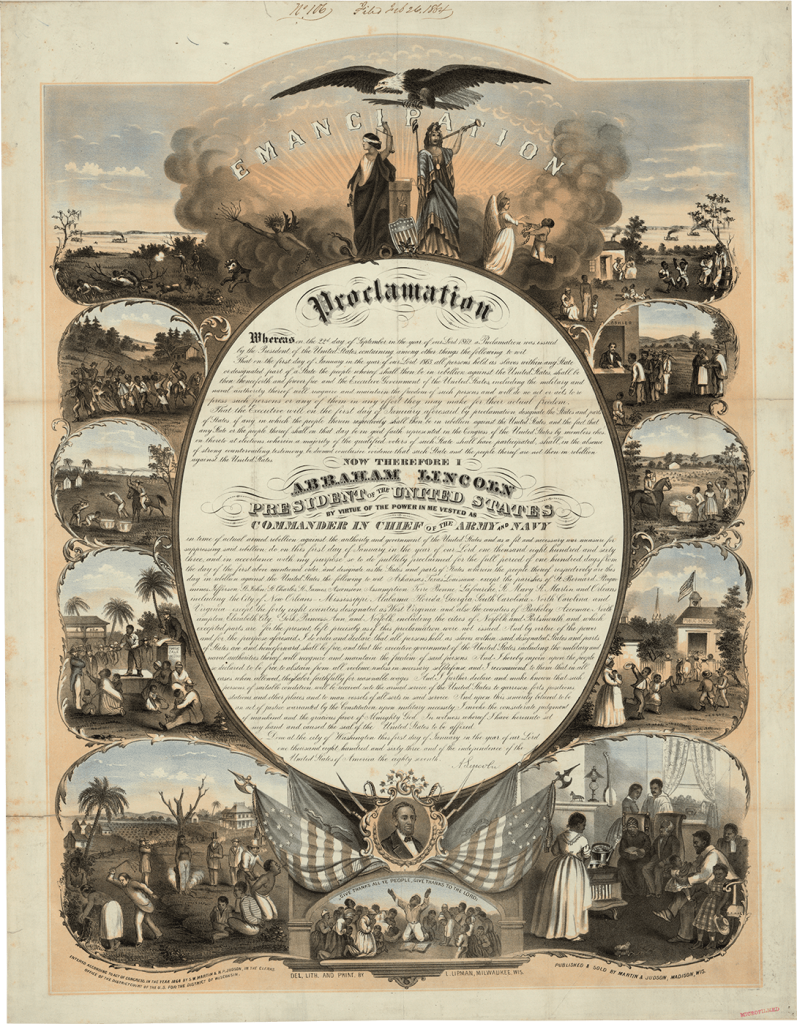
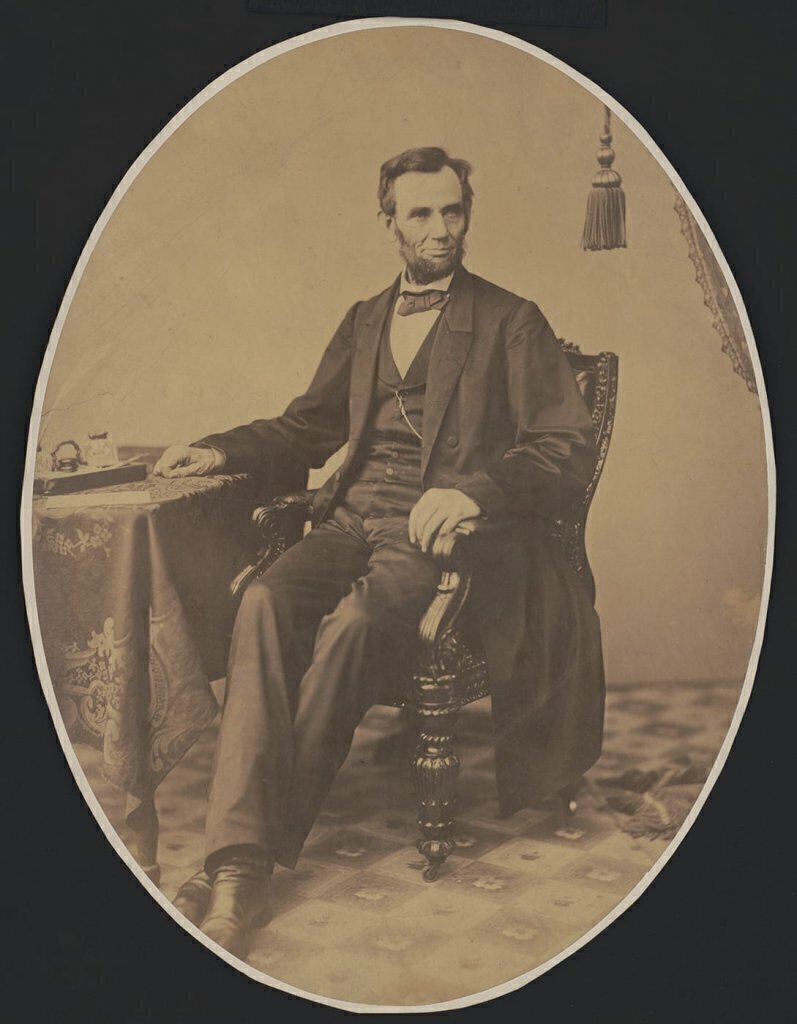
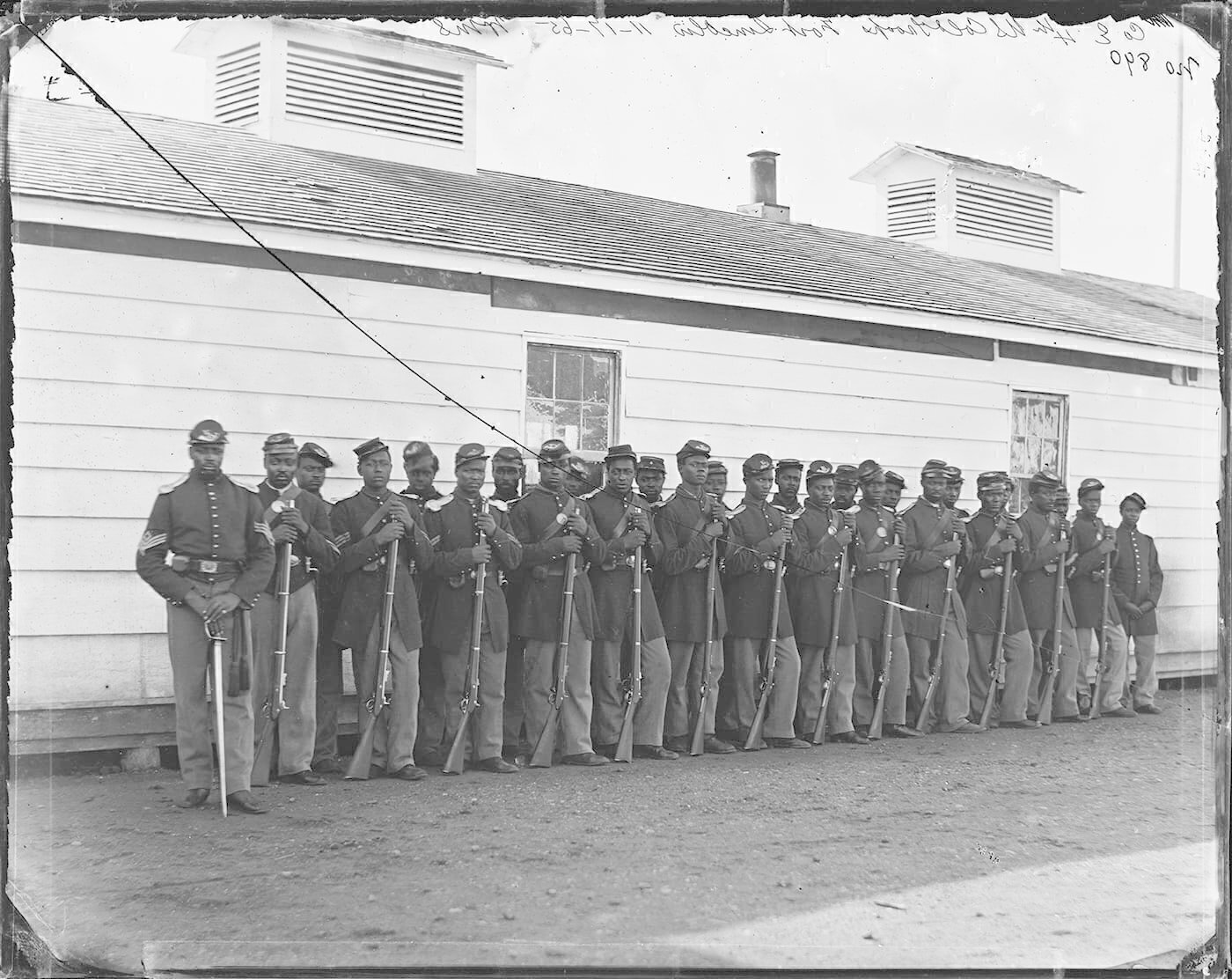
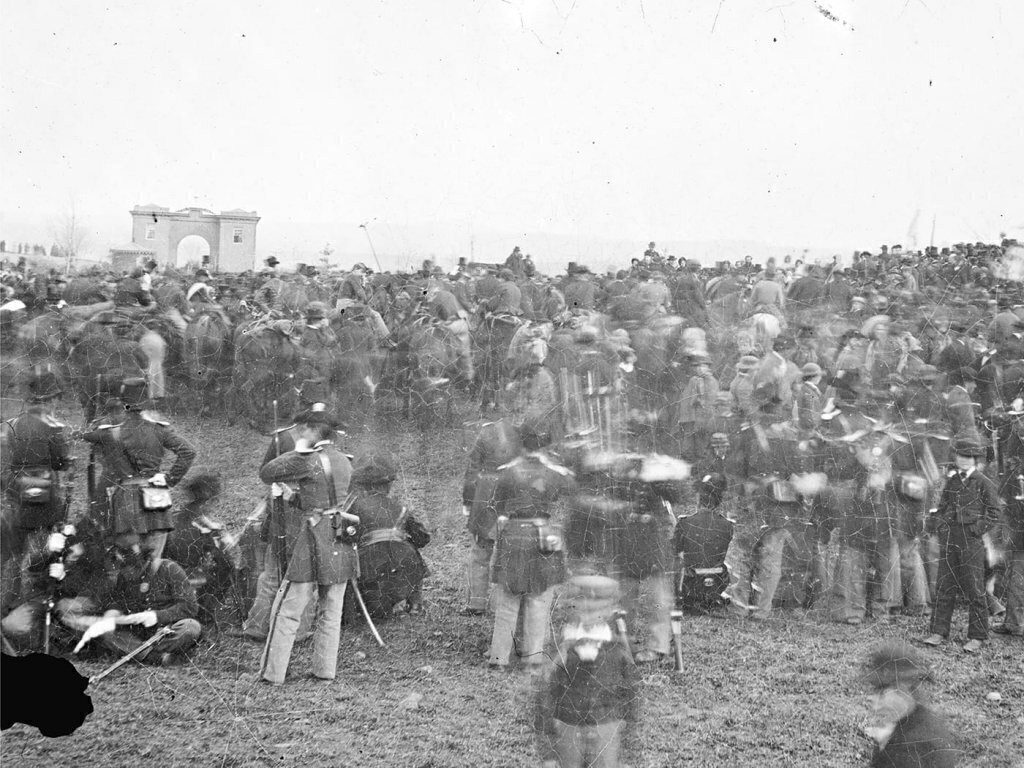
Proposed in Congress
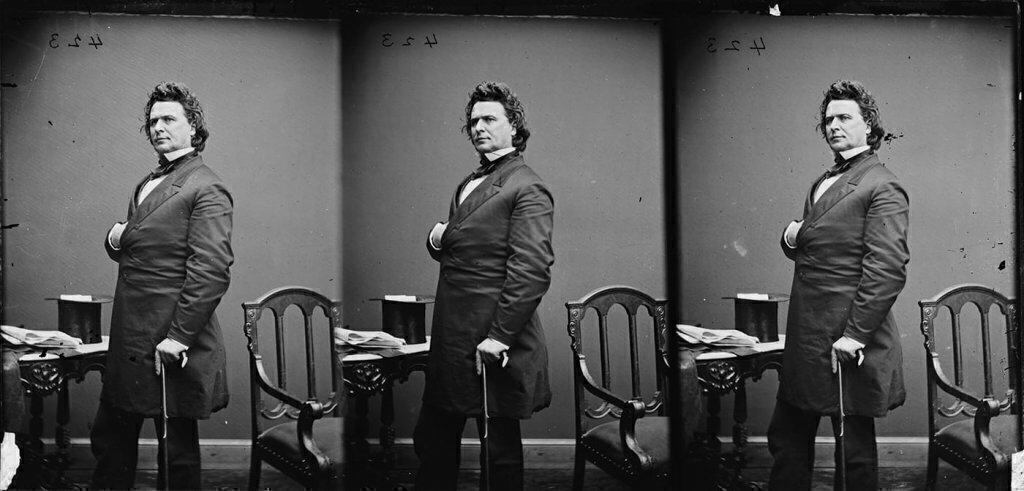
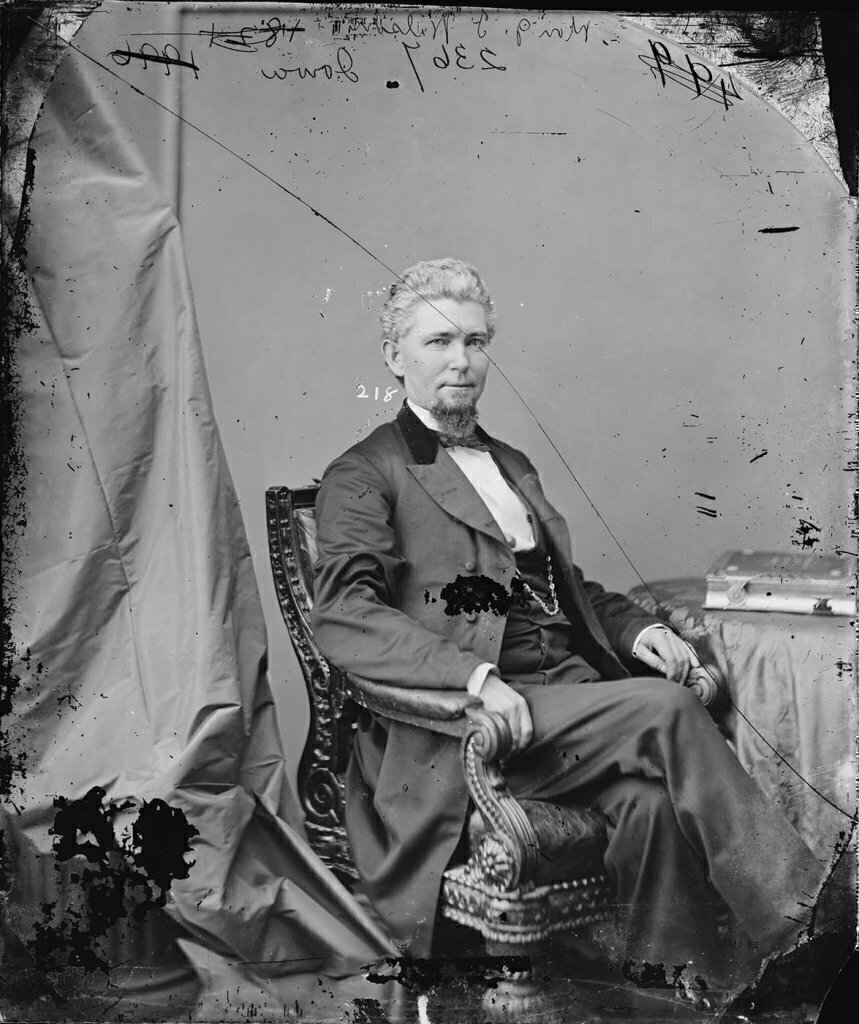
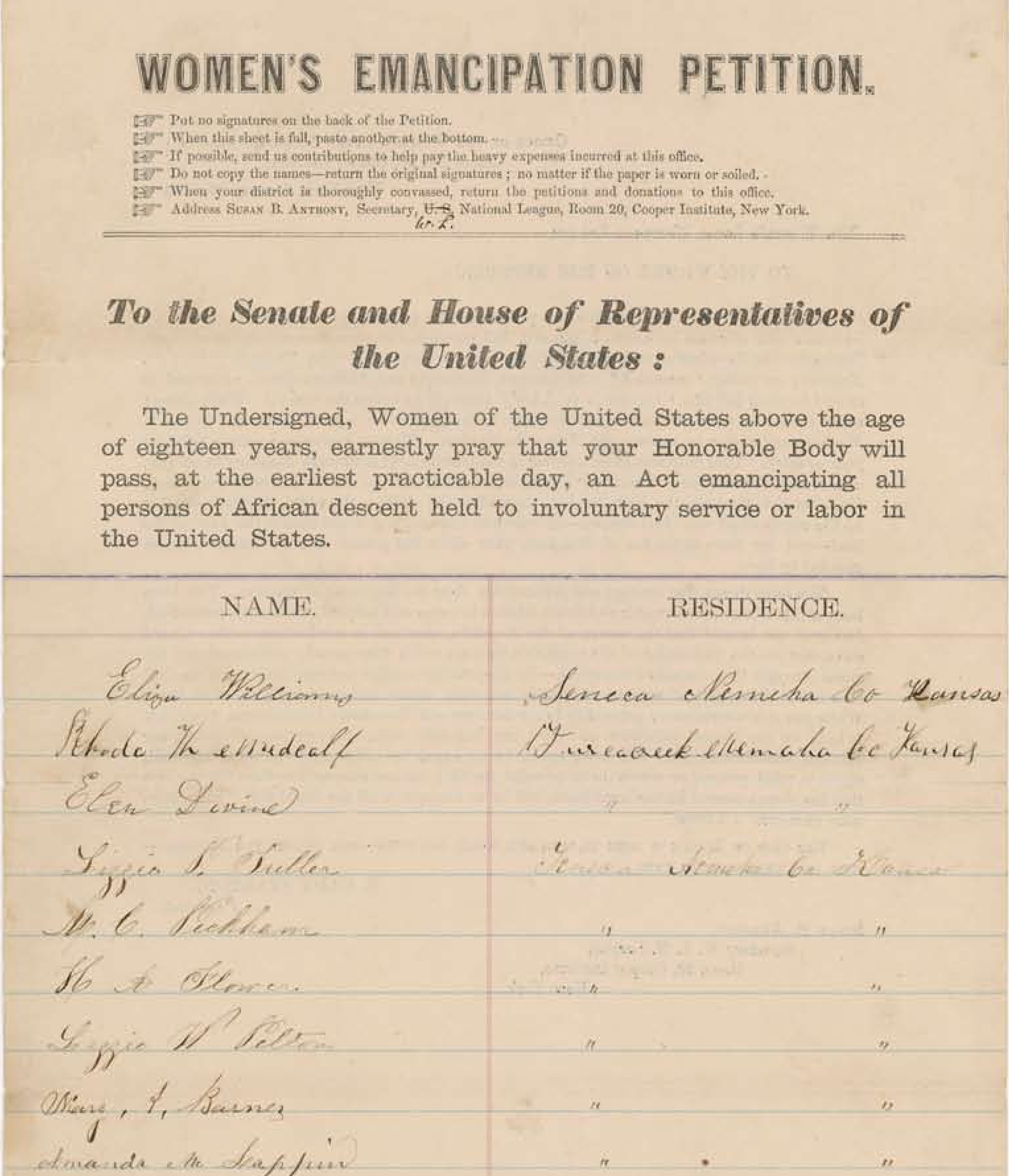
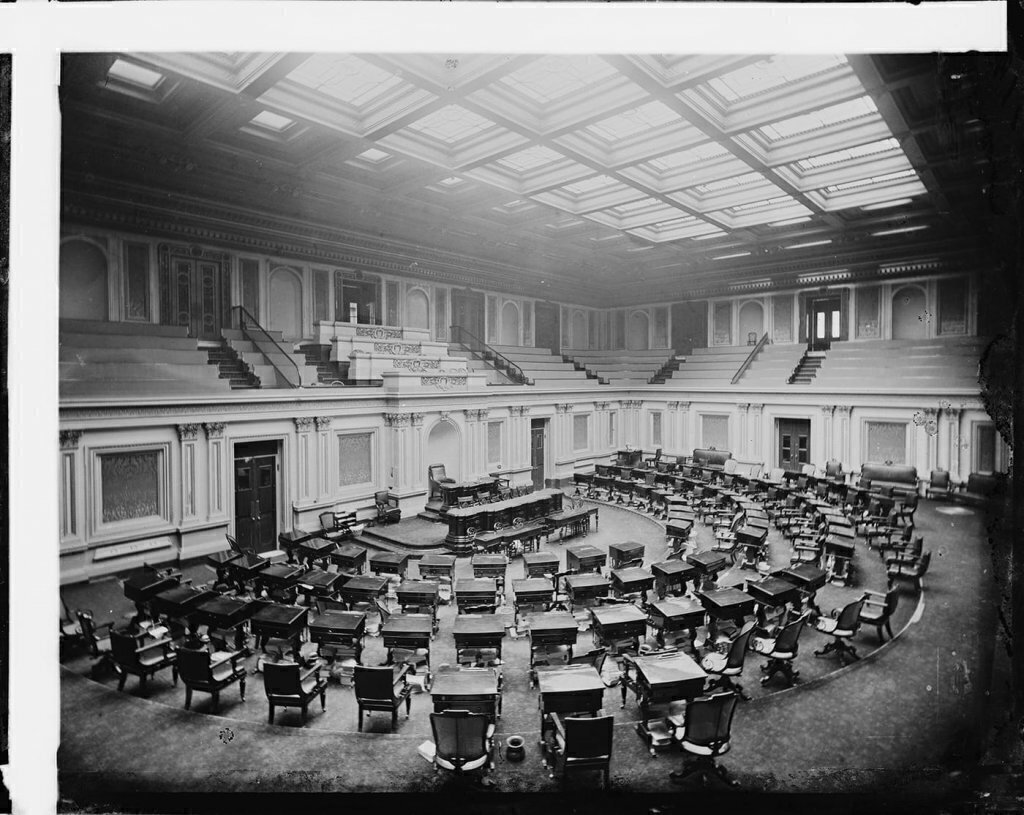
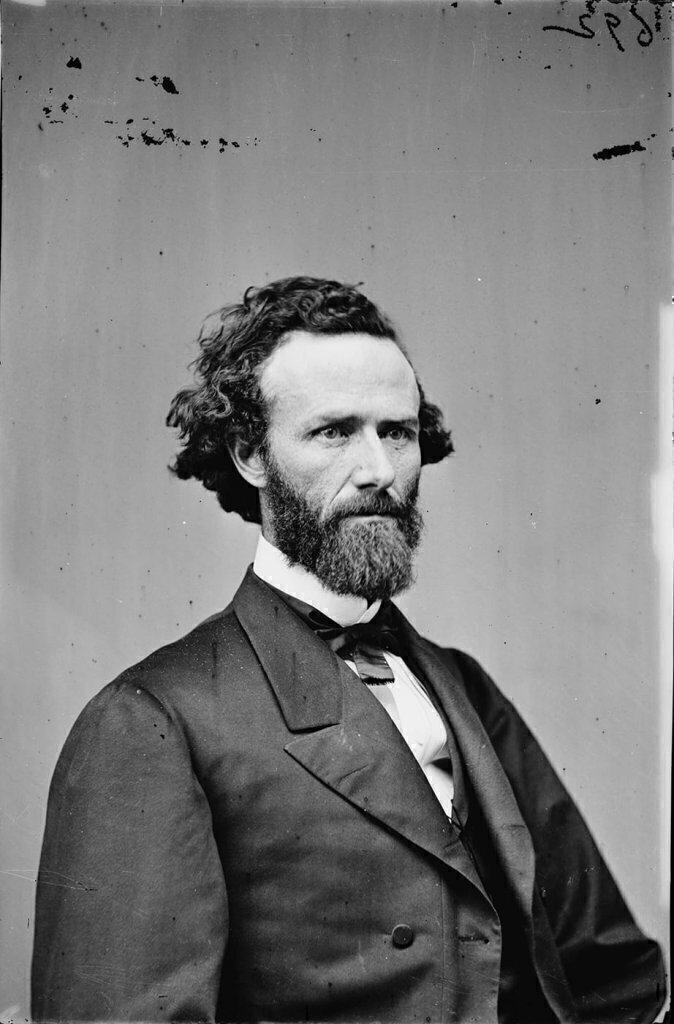
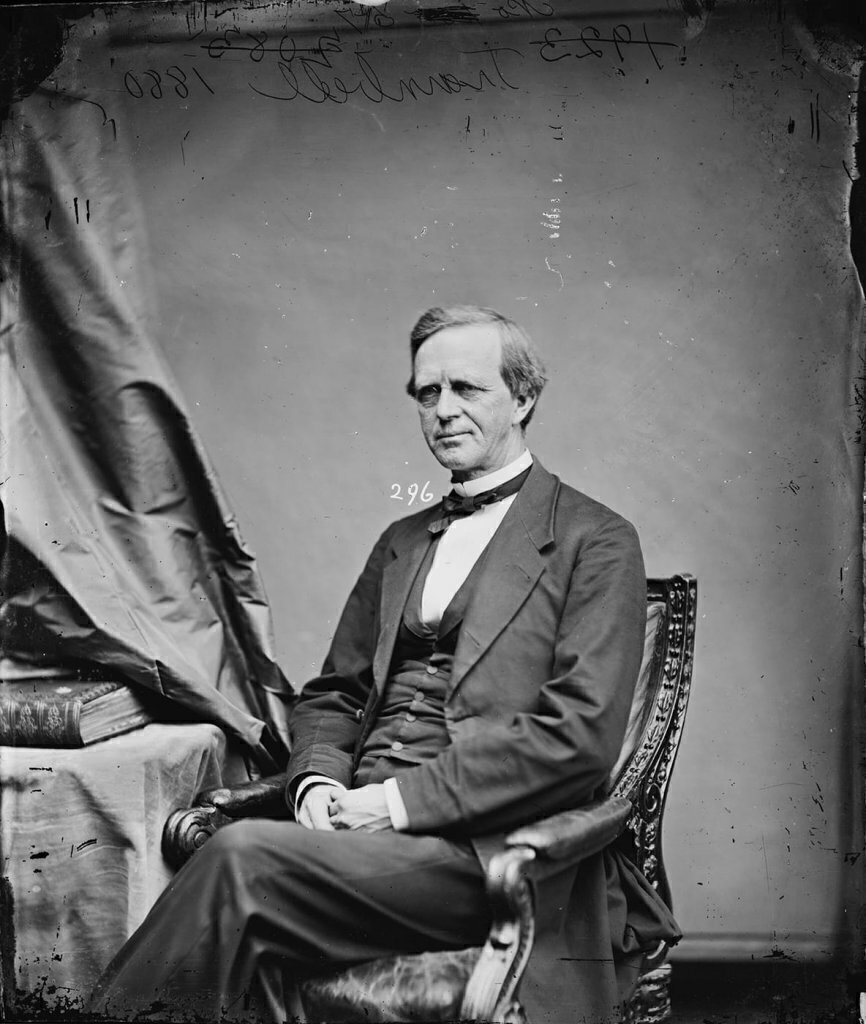
Senator Reverdy Johnson—a powerful Democrat from Maryland—delivered a pivotal speech supporting the amendment. He argued that “a prosperous and permanent peace can never be secured if [slavery] is permitted to survive.” This speech revealed growing support for abolition in the loyal border states.
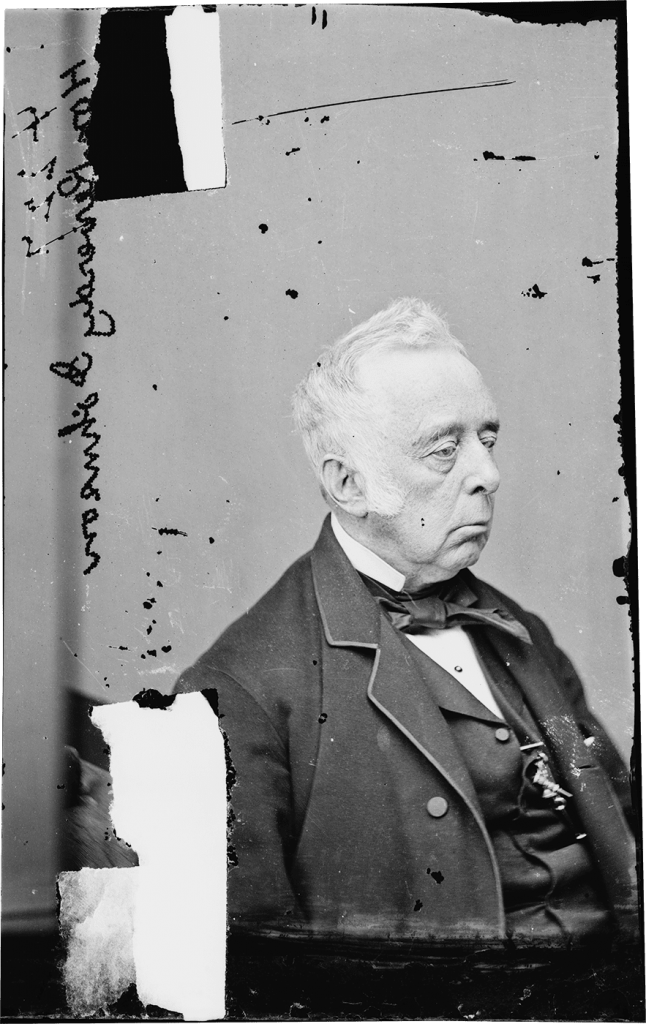
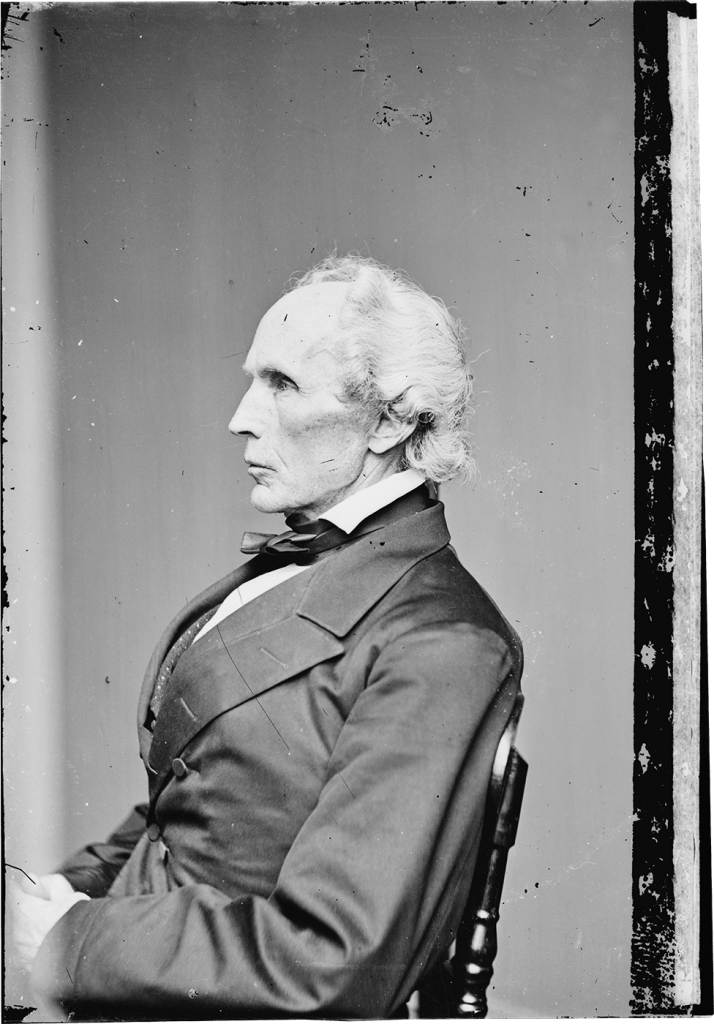
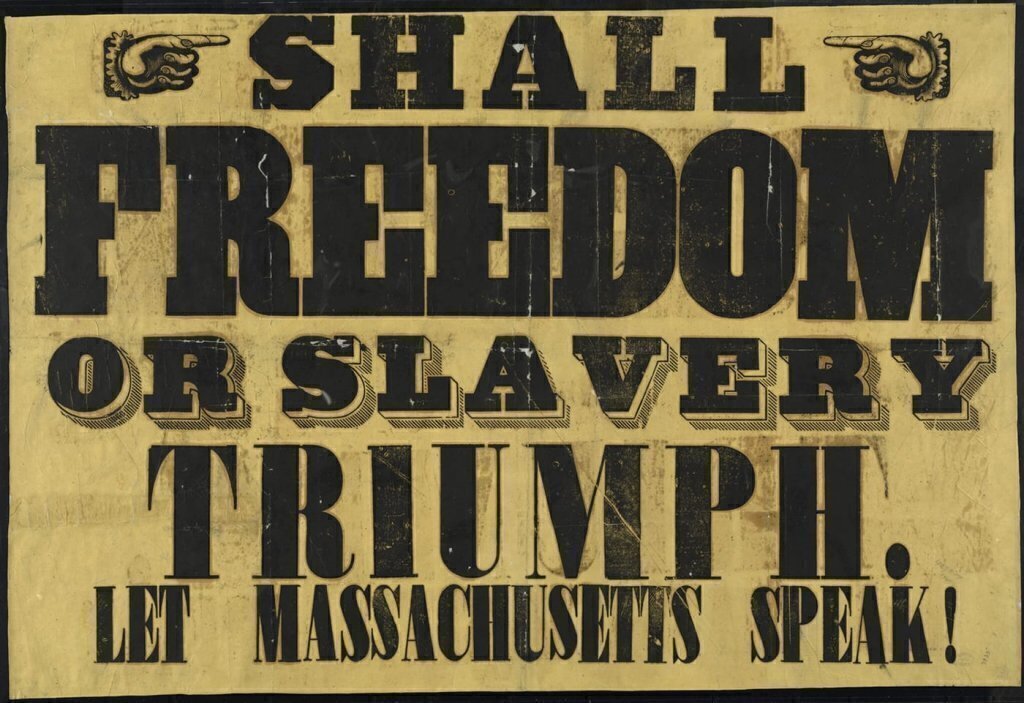
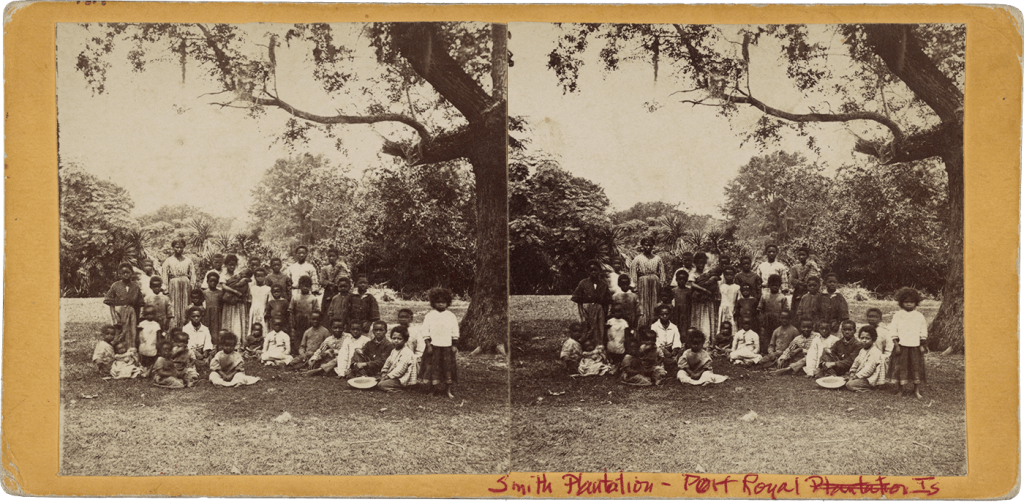
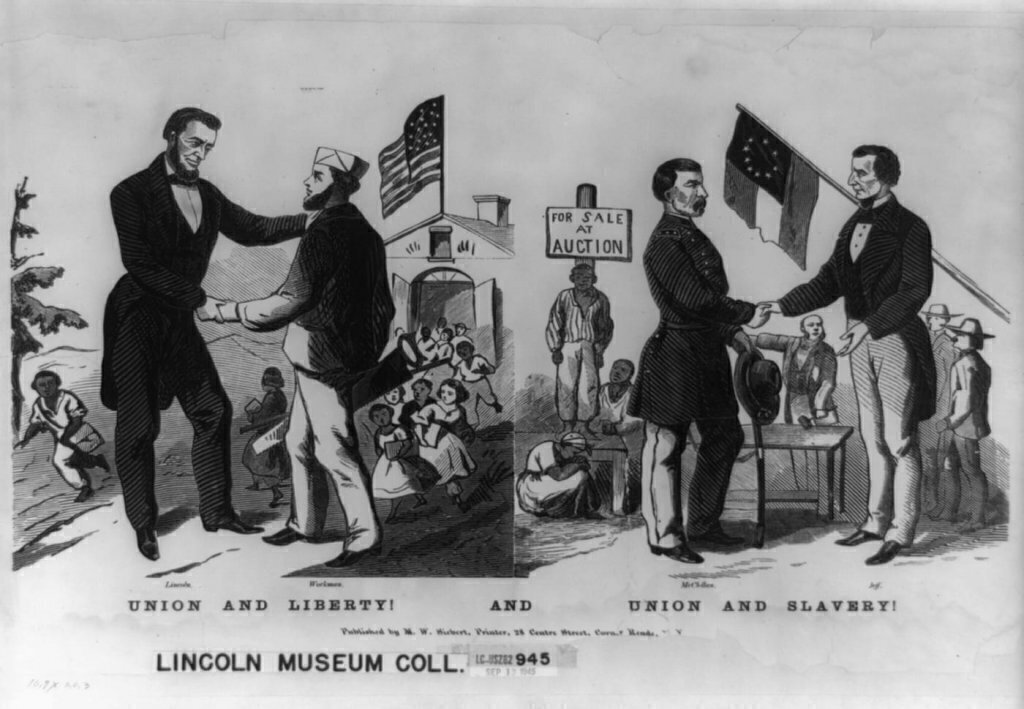

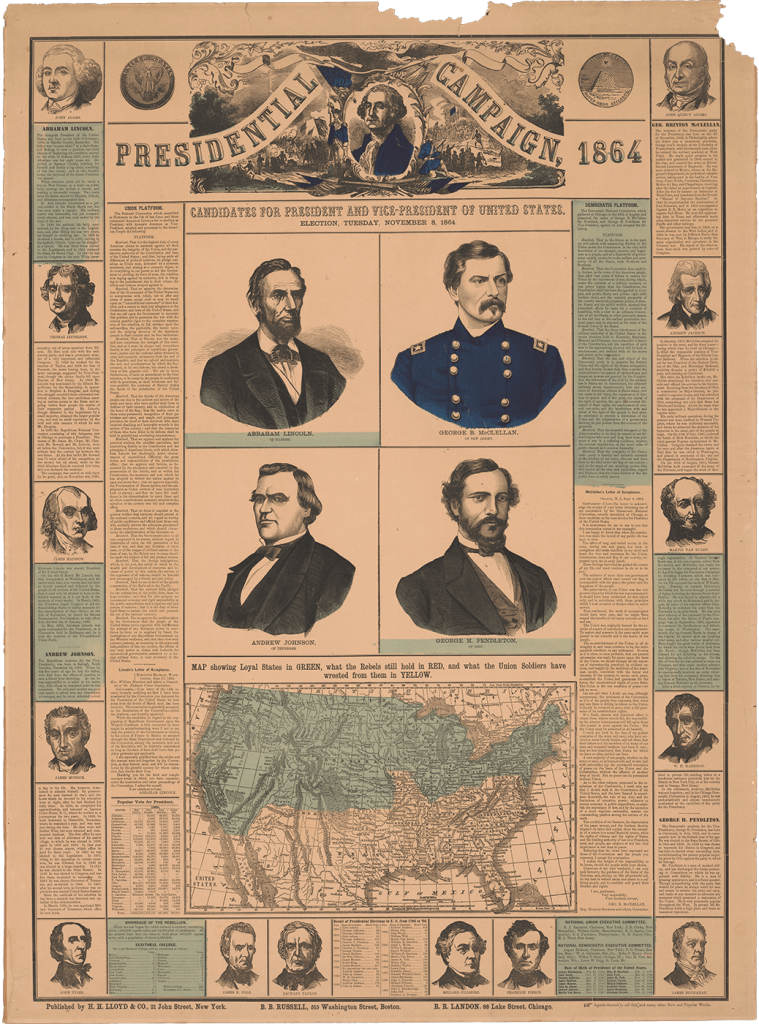
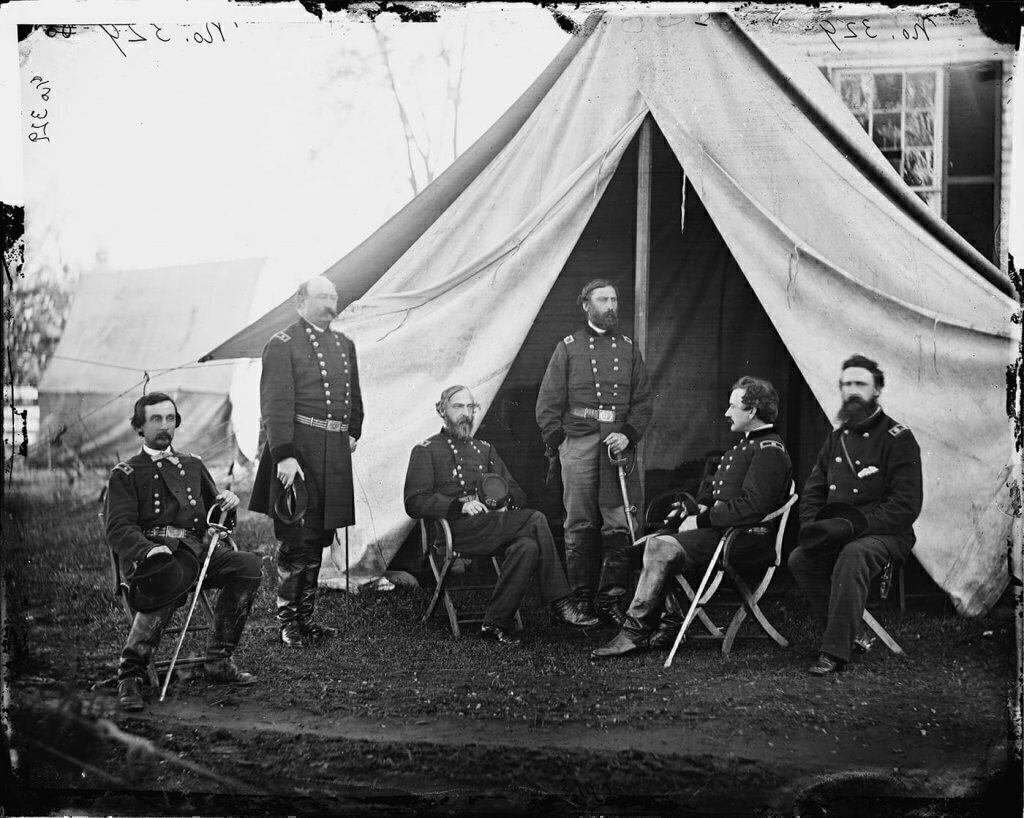
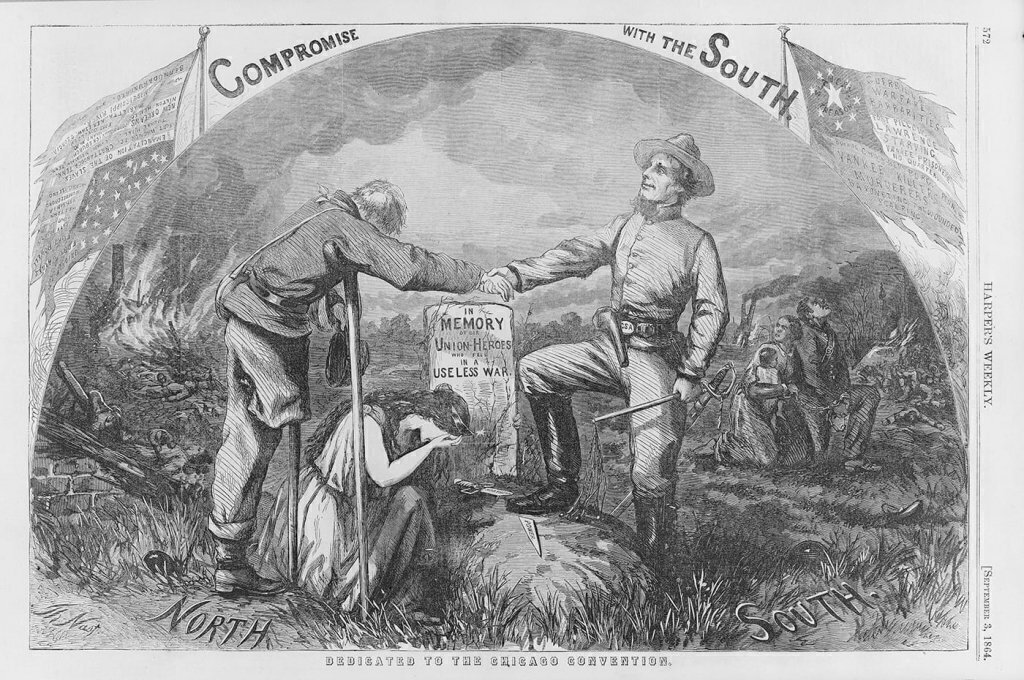
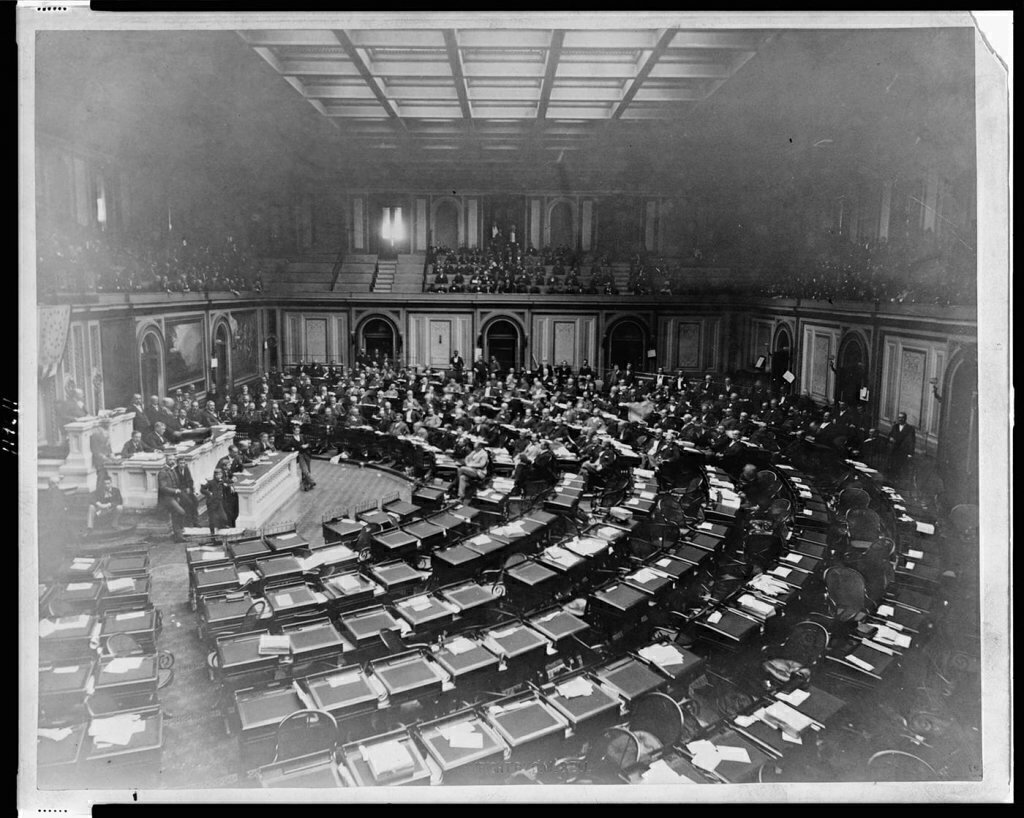
The fall of Atlanta was a key victory for Lincoln and the Union. Lincoln had worried that he might lose the election, but this battlefield victory helped ensure that he would win a second term.
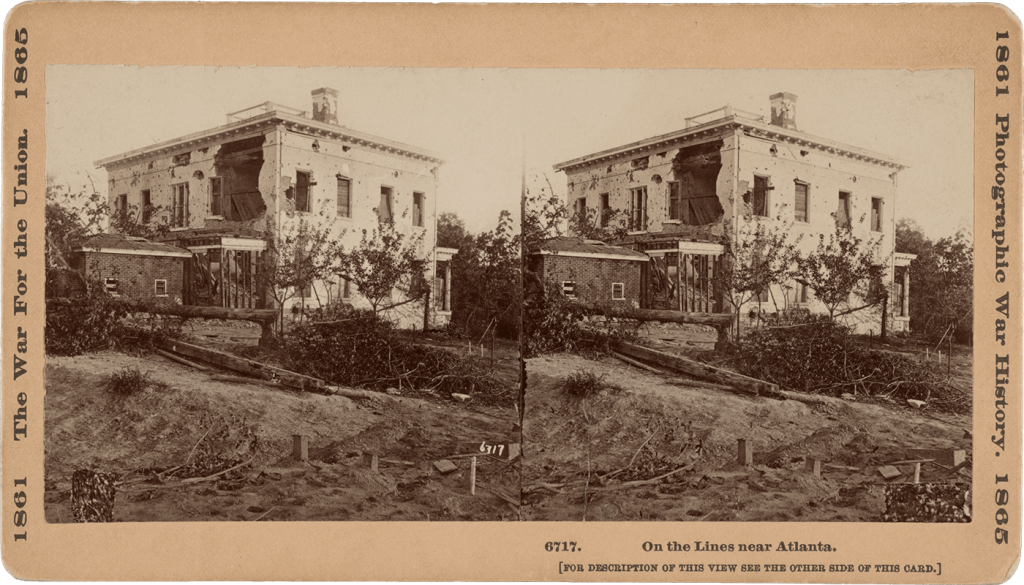
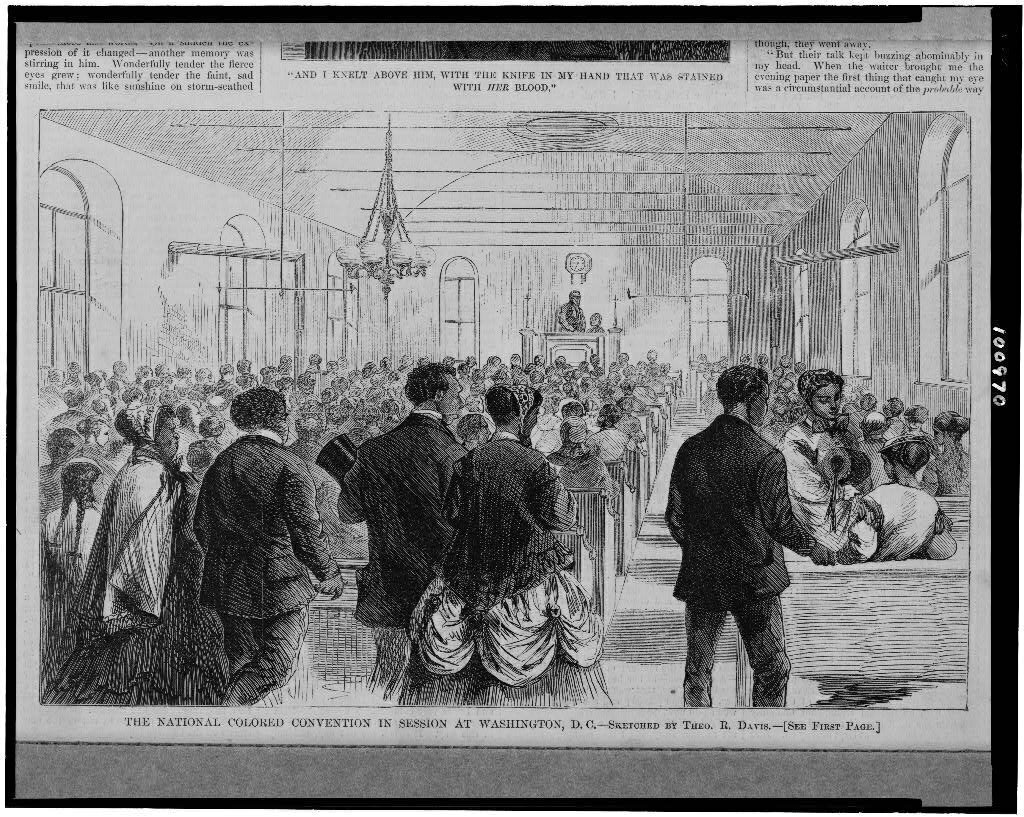
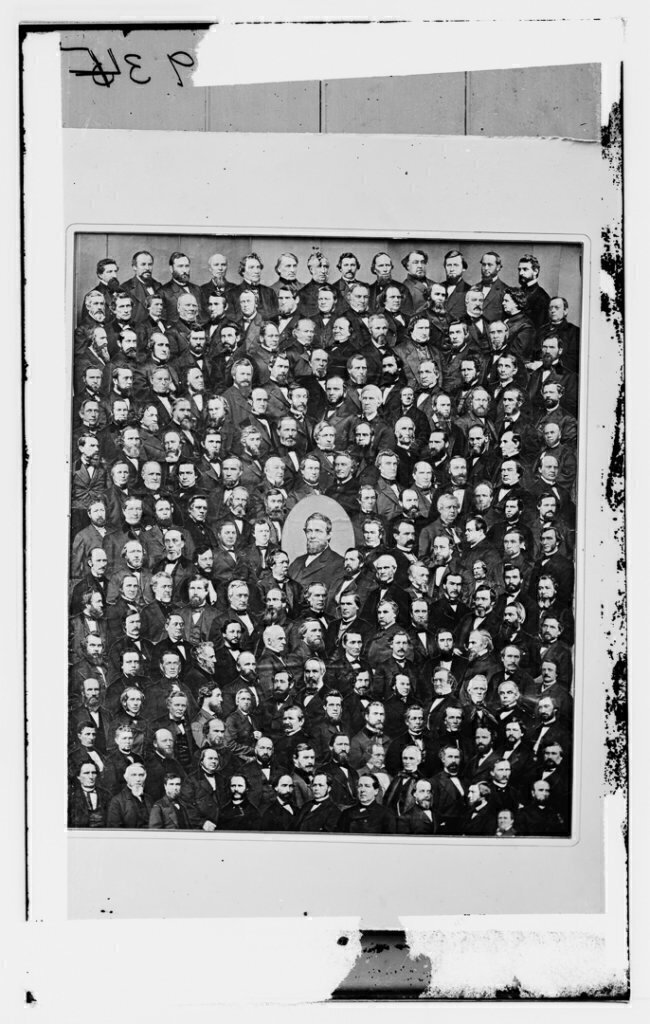
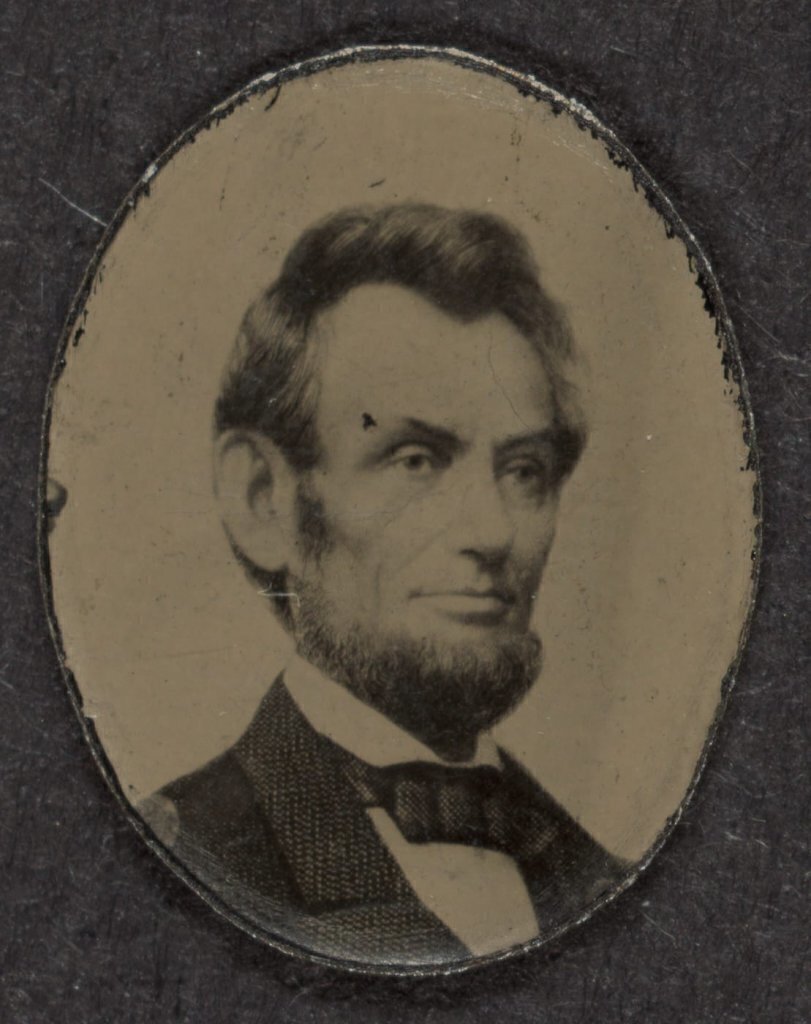
Passed by Senate, voted on by House
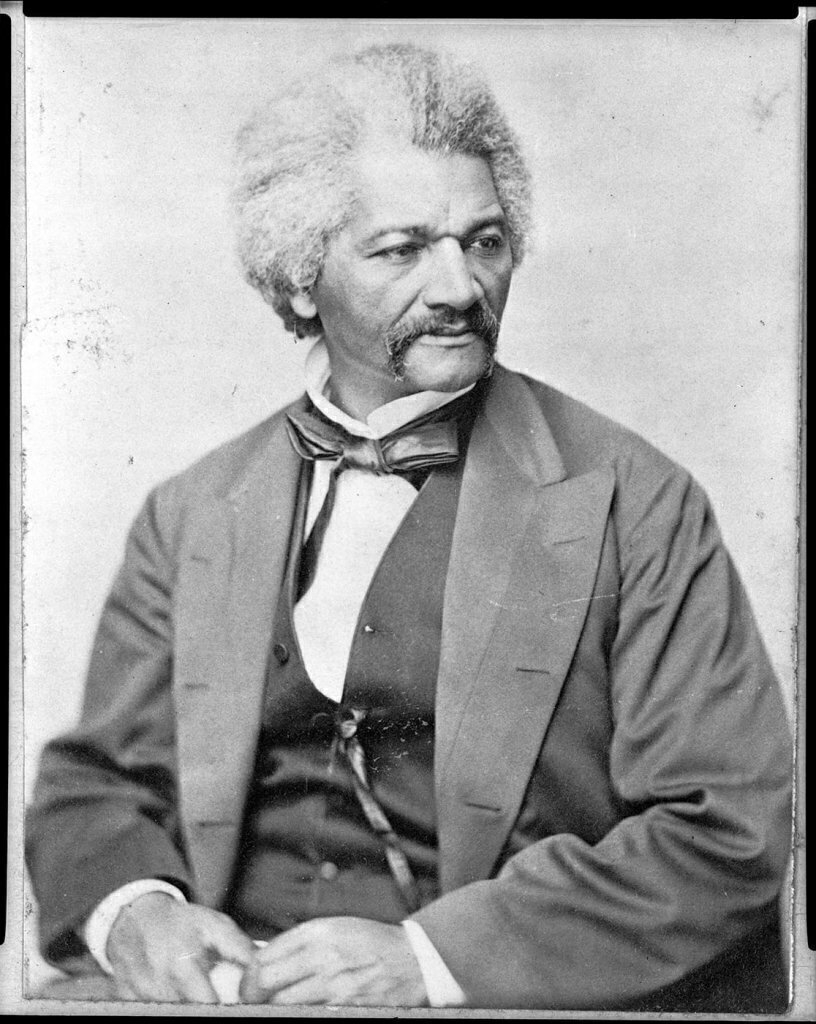

Passed by Senate and House, sent to states for ratification
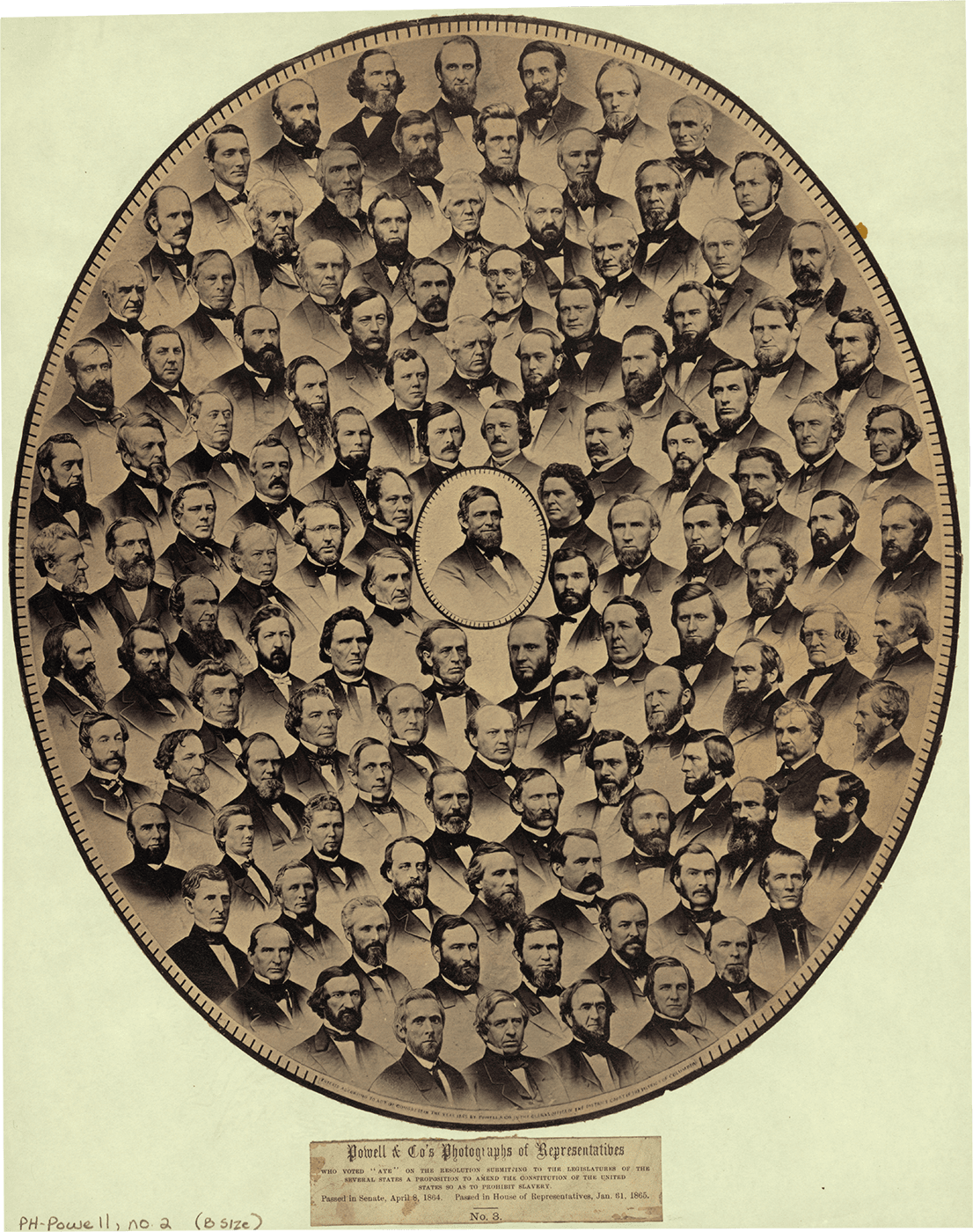
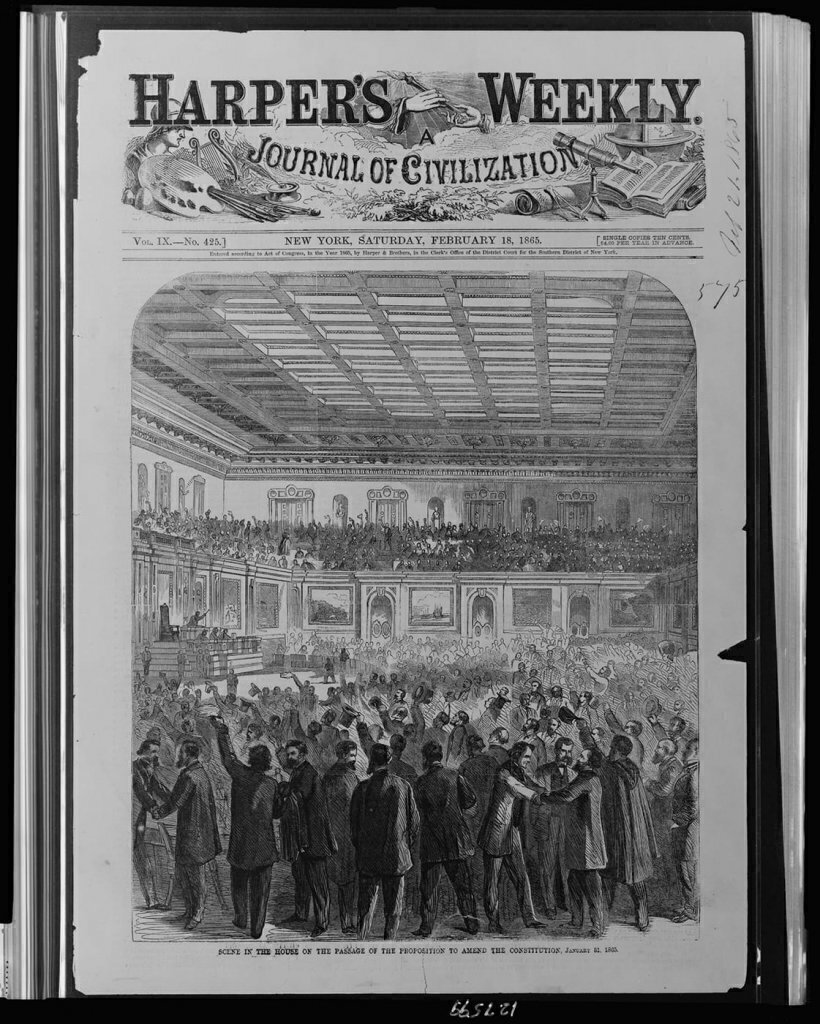
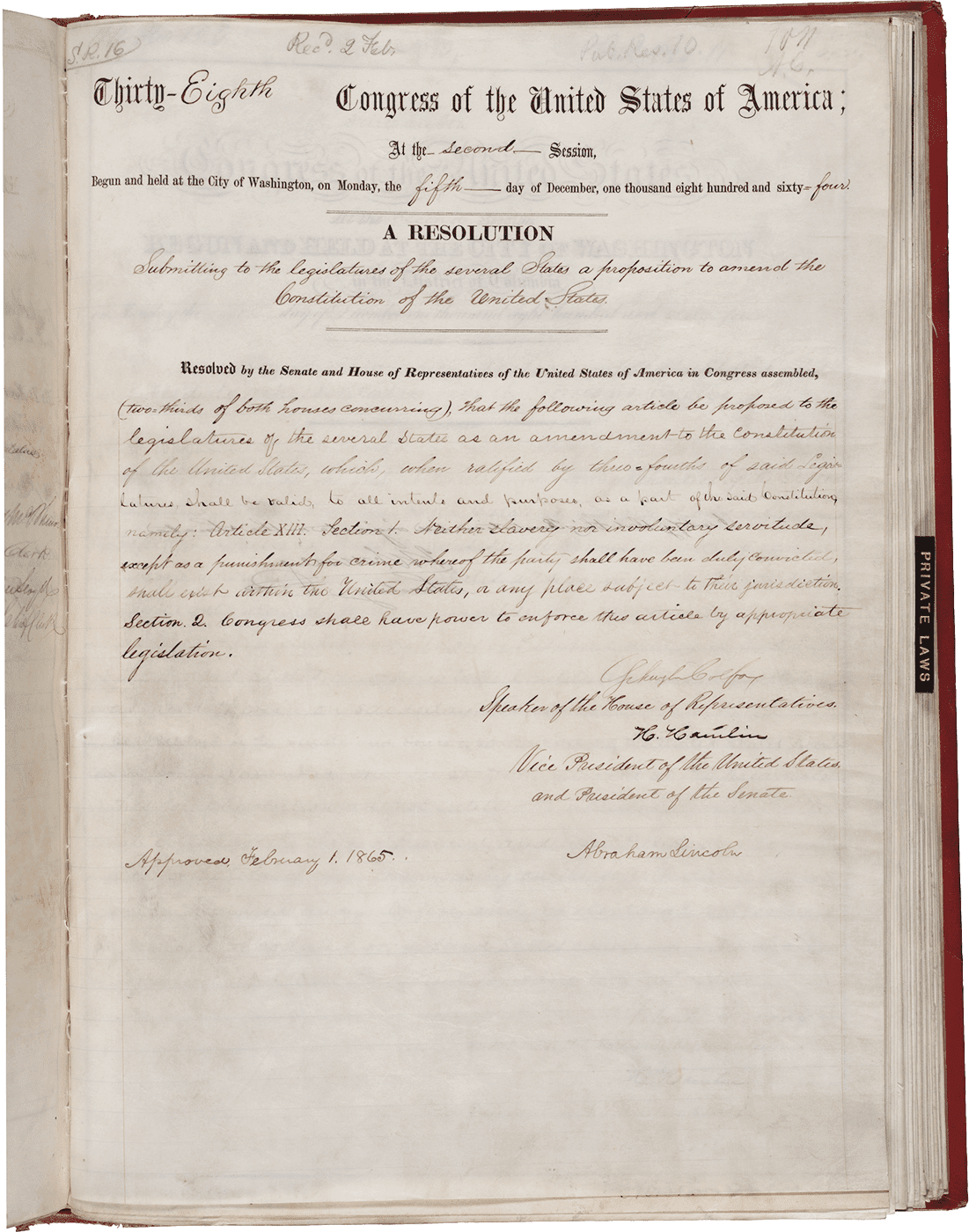
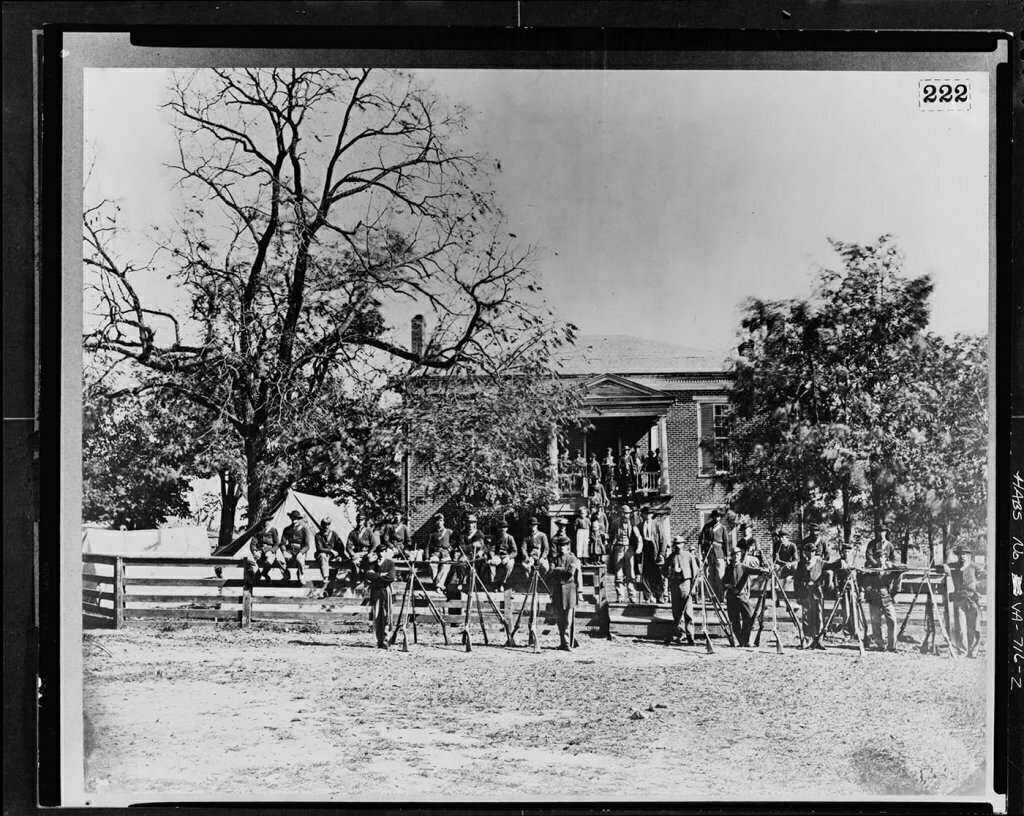
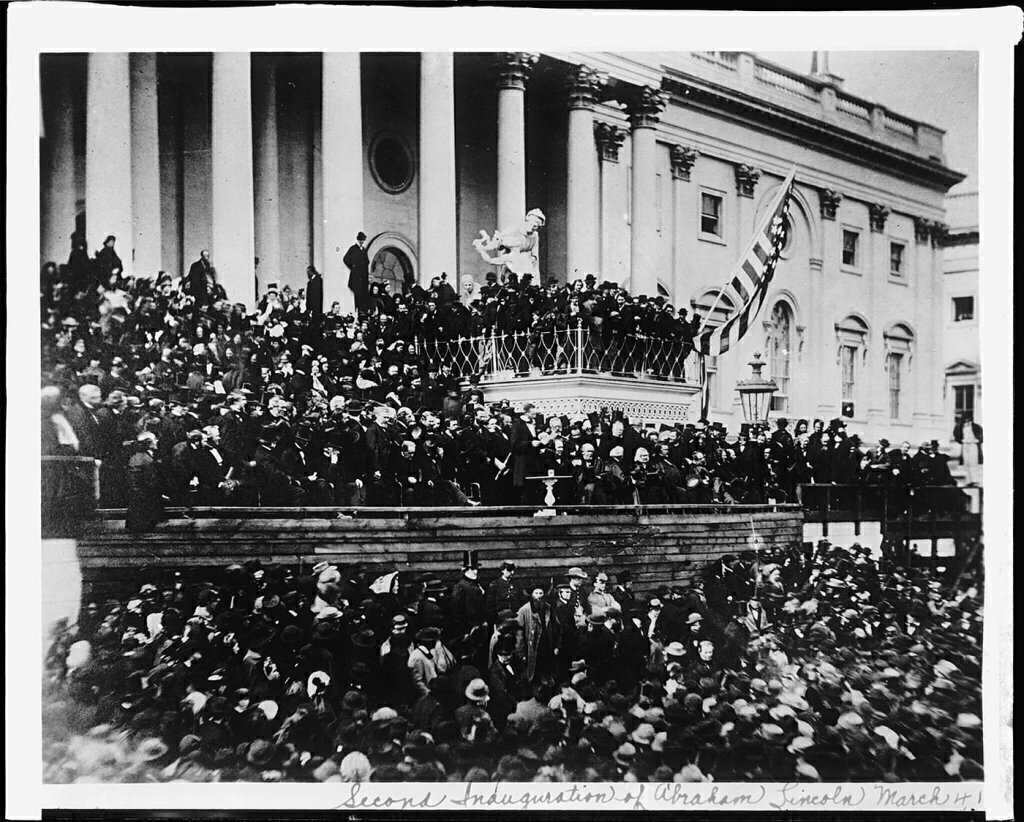
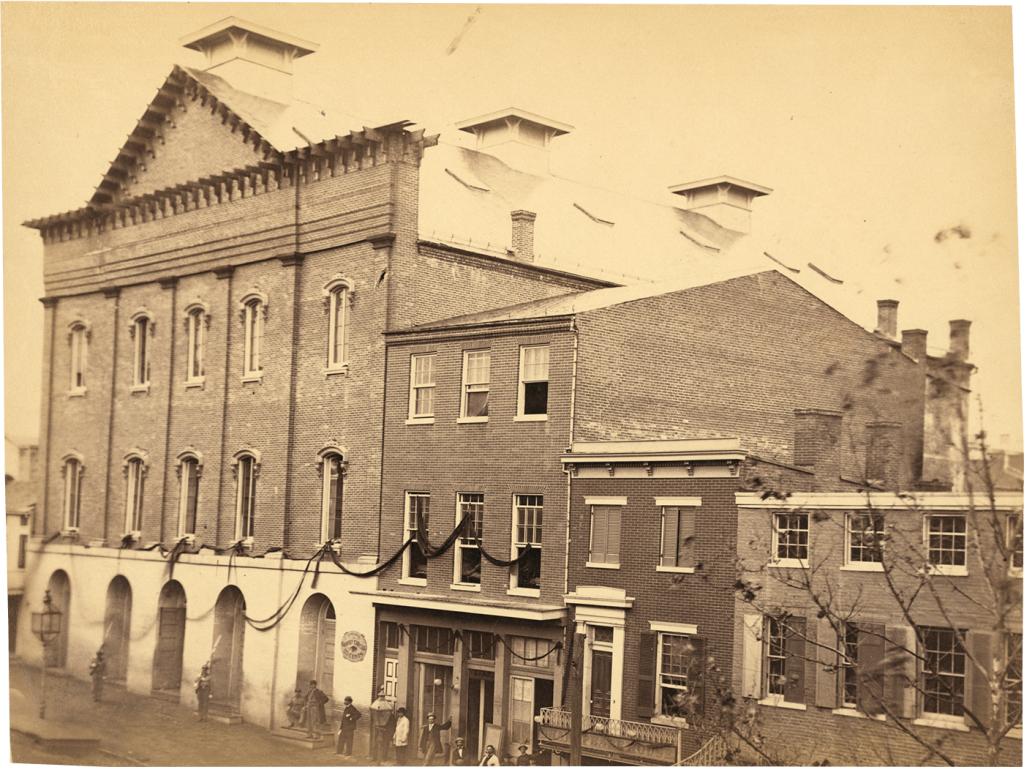
Ratified by three-fourths of the states
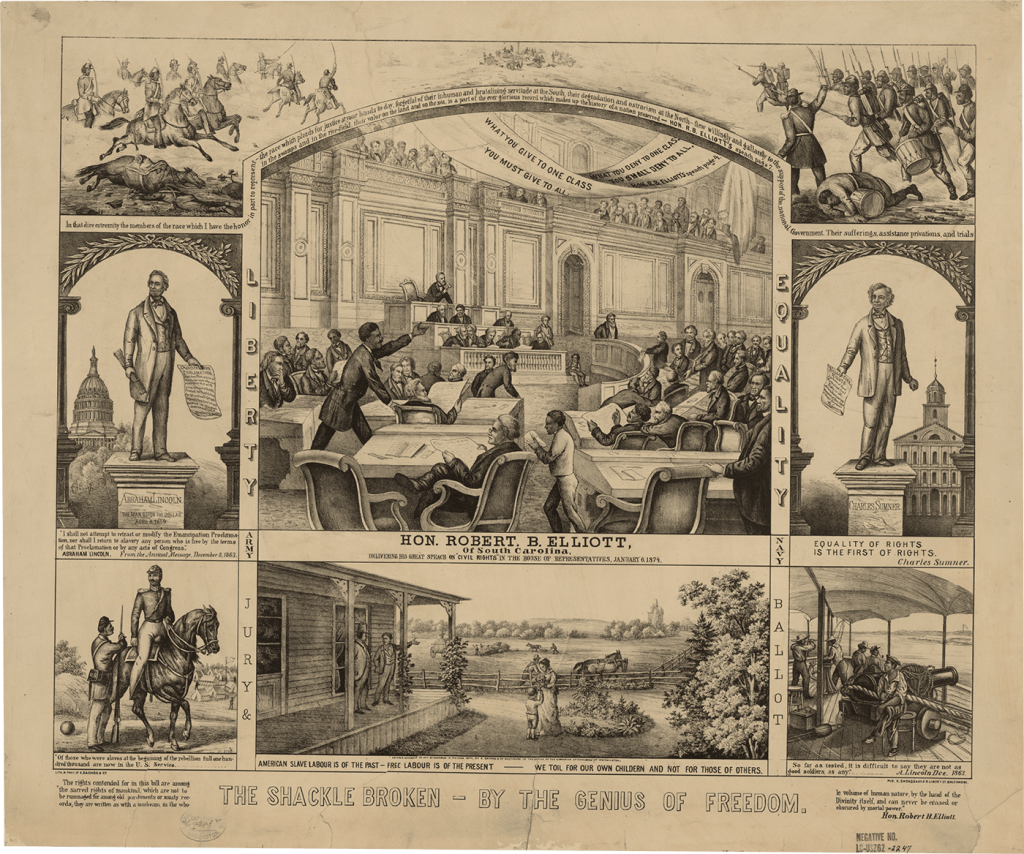
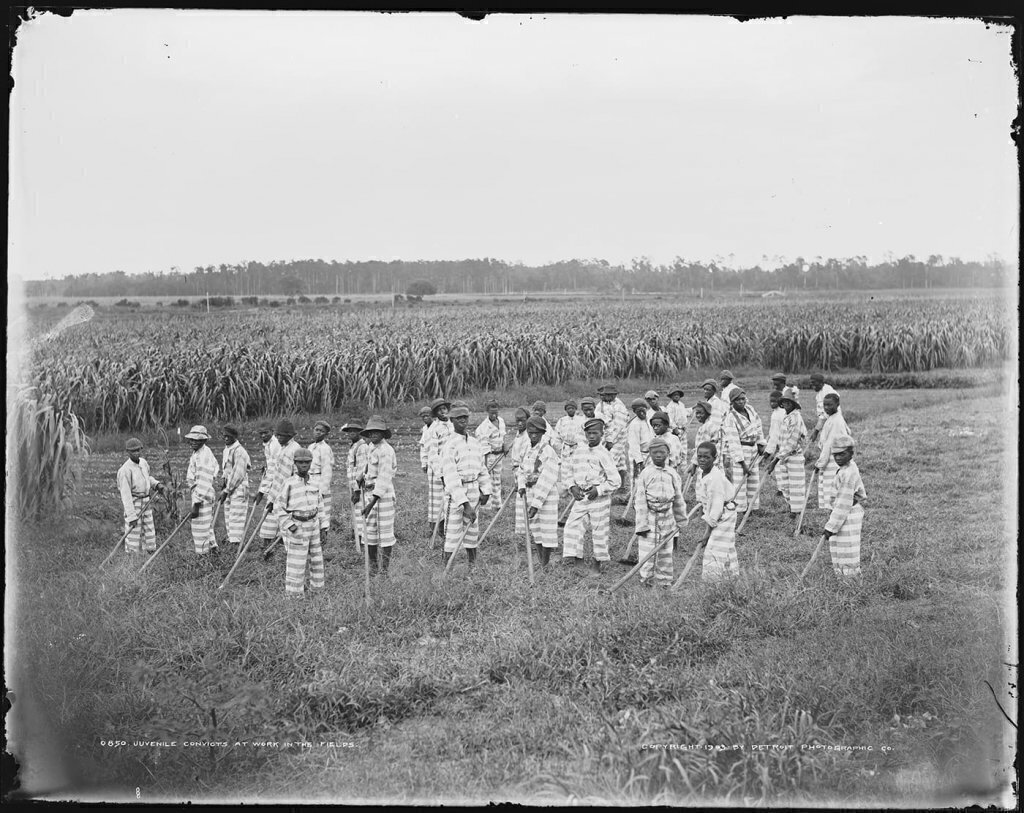
By passing the 13th Amendment, the Reconstruction Republicans achieved something that would have been unimaginable before the Civil War—immediate, uncompensated emancipation. The Senate passed the amendment in April 1864 (38-6), but it failed in the House that June. The House later passed it (119-56), and it was sent to the states for ratification. Upon its adoption, all enslaved persons were freed, and their former owners were not entitled to any compensation.
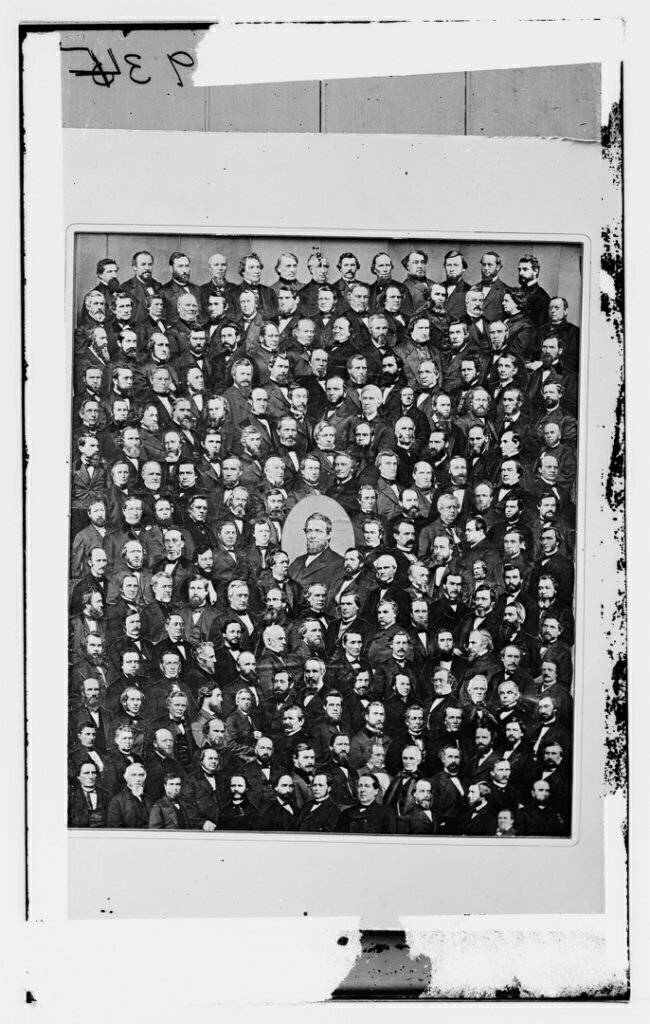
The 38th Congress met during the second half of the Civil War. Members represented states in the North, border states that did not leave the Union, and two new states: West Virginia and Nevada.
Section One
Neither slavery nor involuntary servitude, except as a punishment for crime whereof the party shall have been duly convicted, shall exist within the United States, or any place subject to their jurisdiction.
Section Two
Congress shall have power to enforce this article by appropriate legislation.
By passing the 13th Amendment, the Reconstruction Republicans achieved something that would have been unimaginable before the Civil War—immediate, uncompensated emancipation. The Senate passed the amendment in April 1864 (38-6), but it failed in the House that June. The House later passed it (119-56), and it was sent to the states for ratification. Upon its adoption, all enslaved persons were freed, and their former owners were not entitled to any compensation.

The 38th Congress met during the second half of the Civil War. Members represented states in the North, border states that did not leave the Union, and two new states: West Virginia and Nevada.
Section One
Neither slavery nor involuntary servitude, except as a punishment for crime whereof the party shall have been duly convicted, shall exist within the United States, or any place subject to their jurisdiction.
Section Two
Congress shall have power to enforce this article by appropriate legislation.